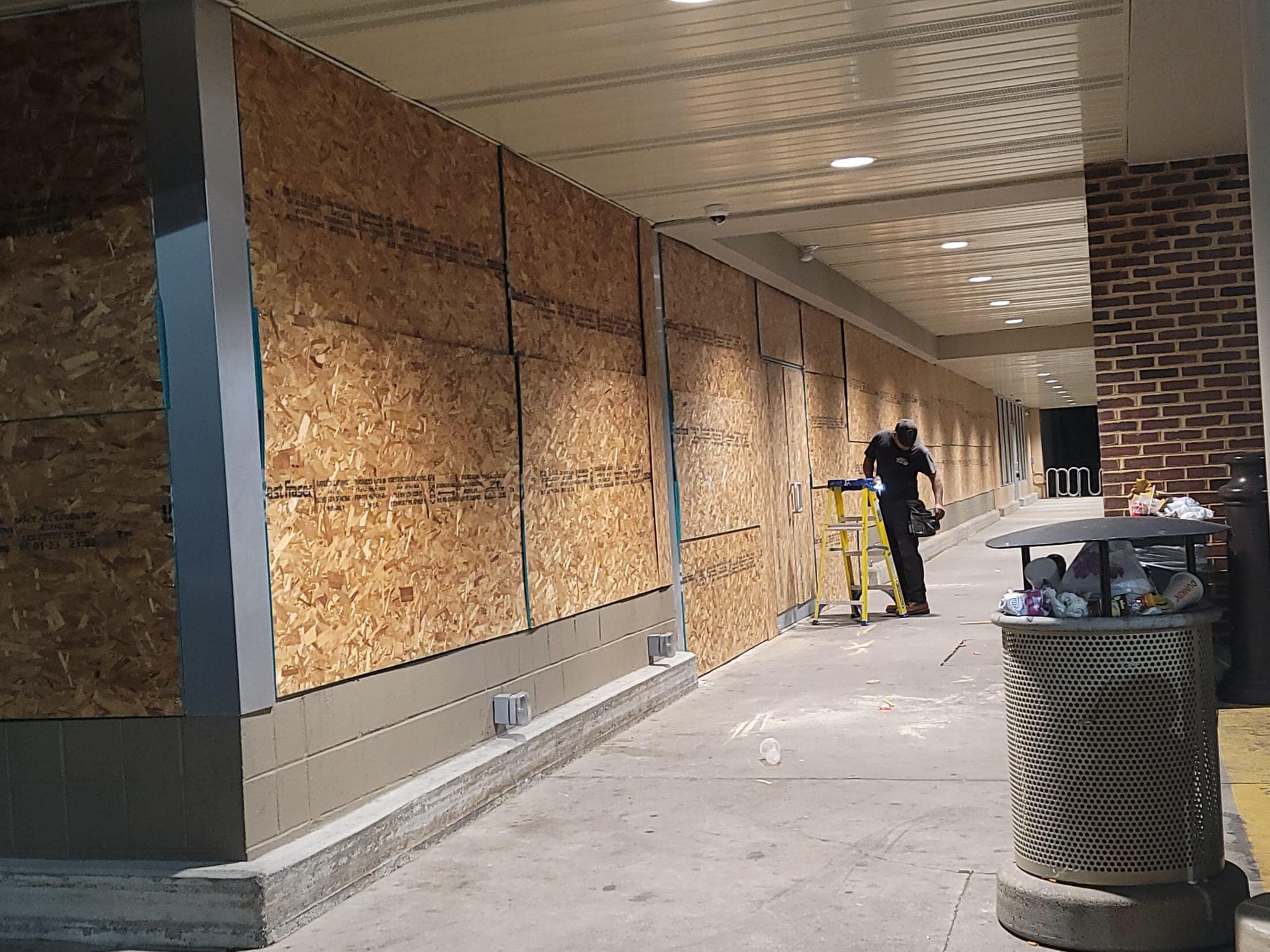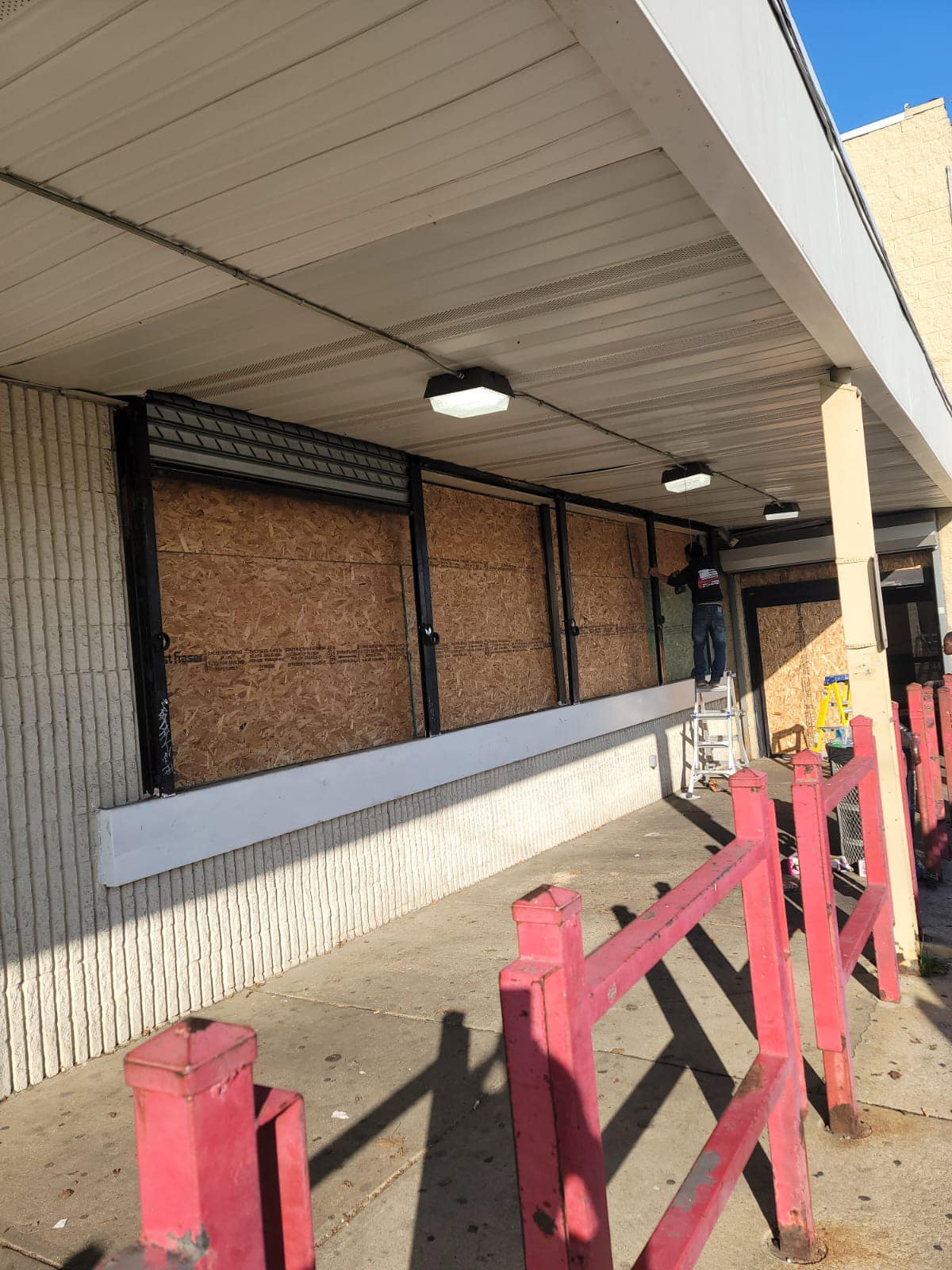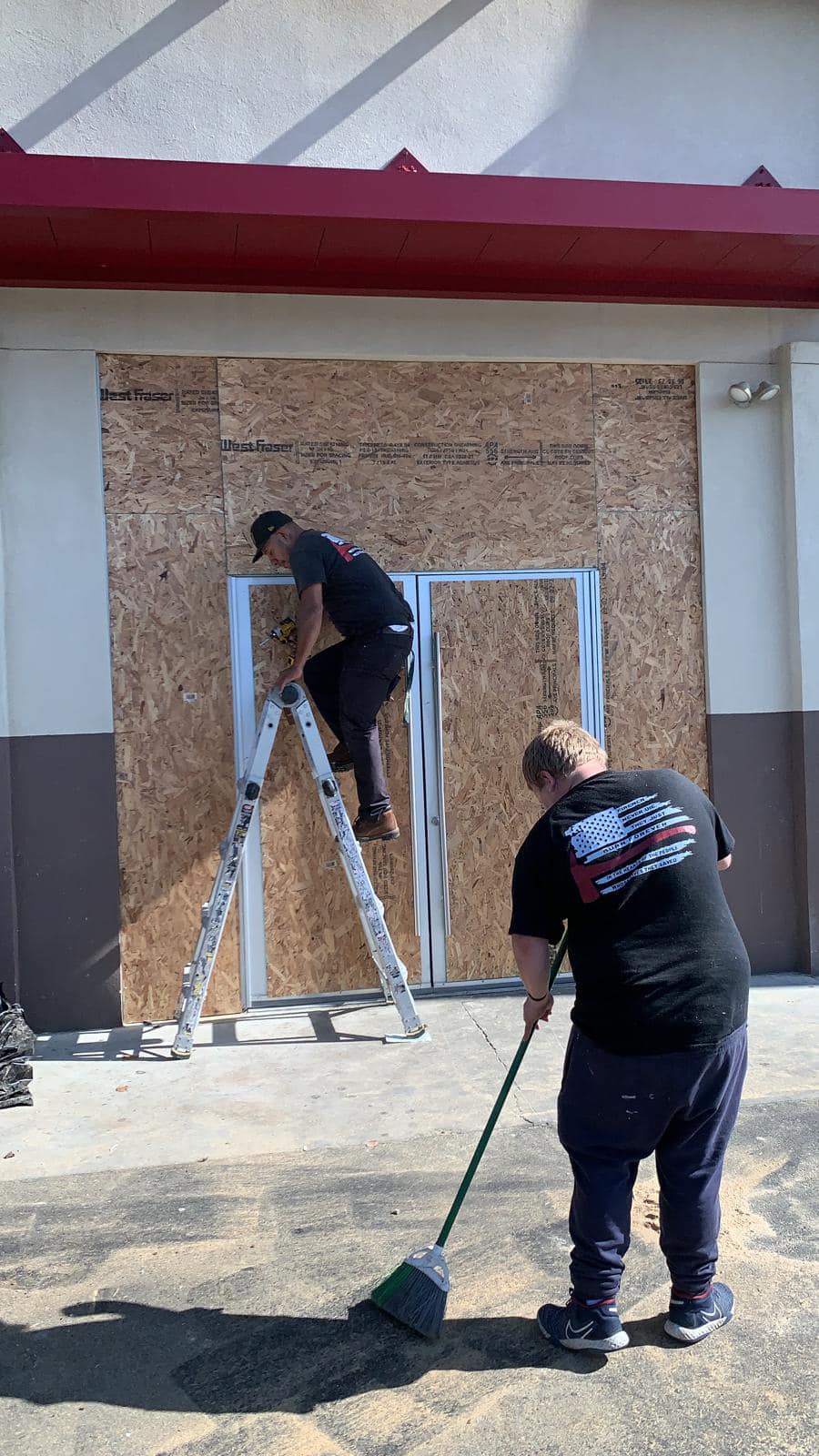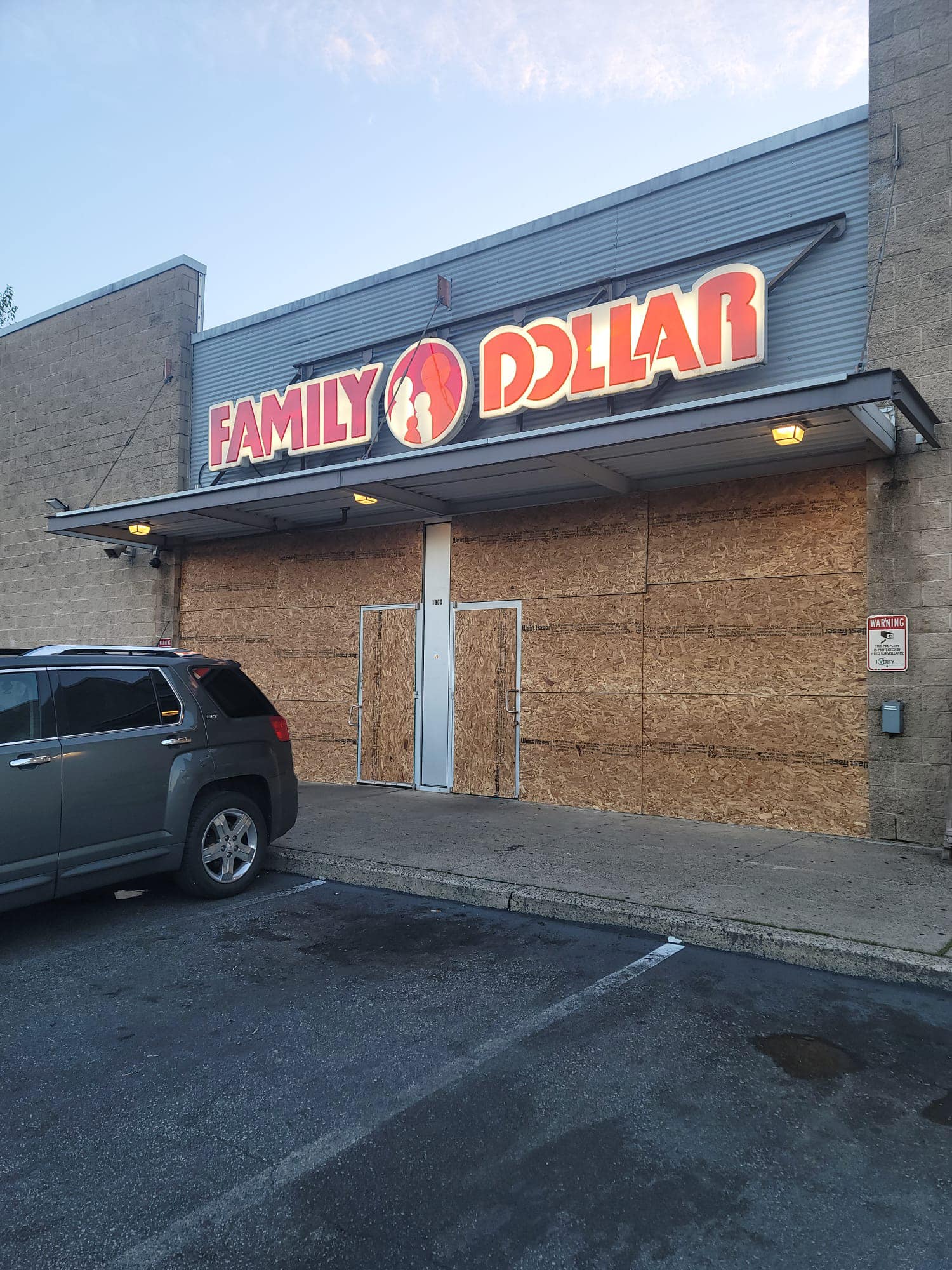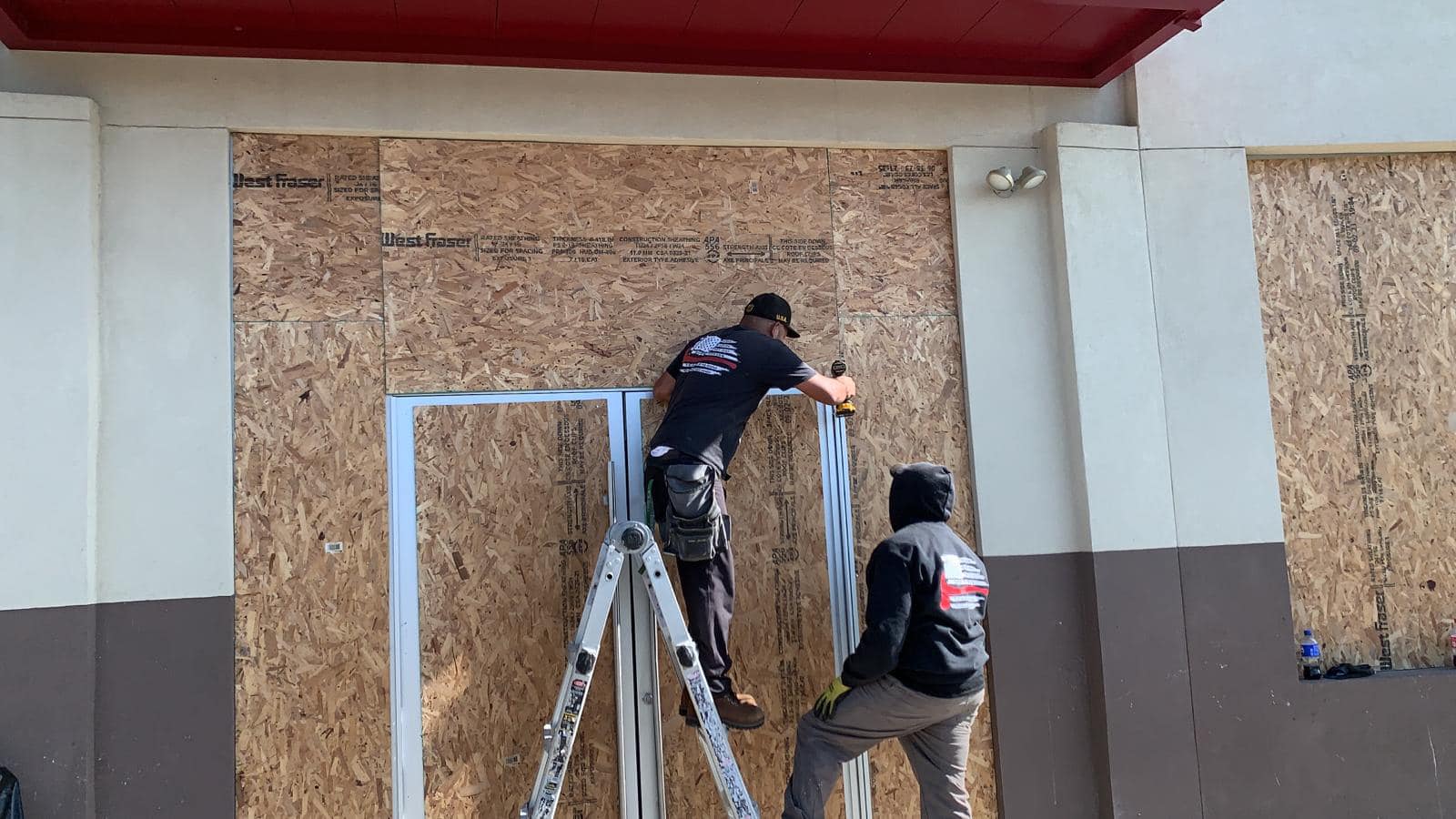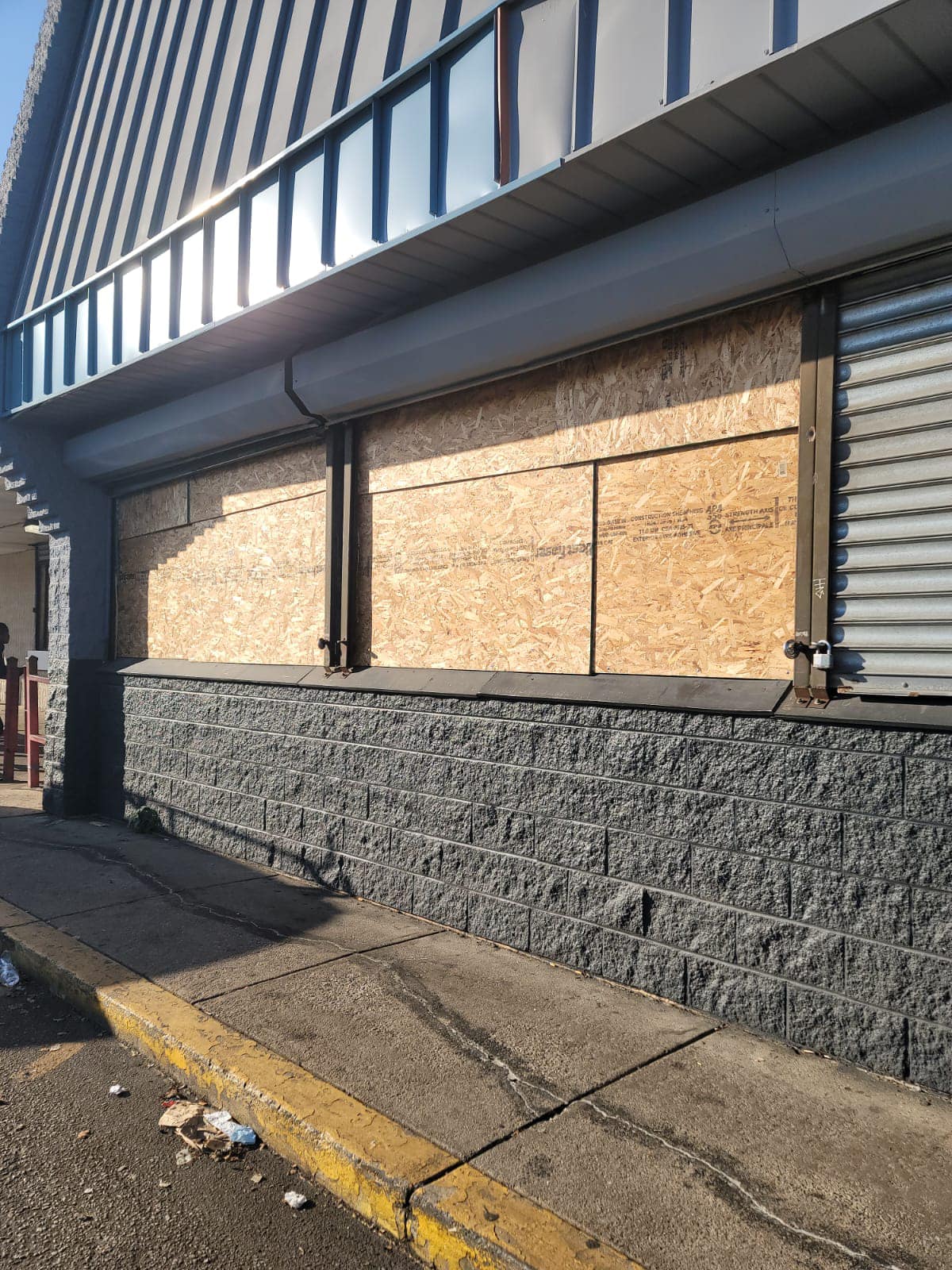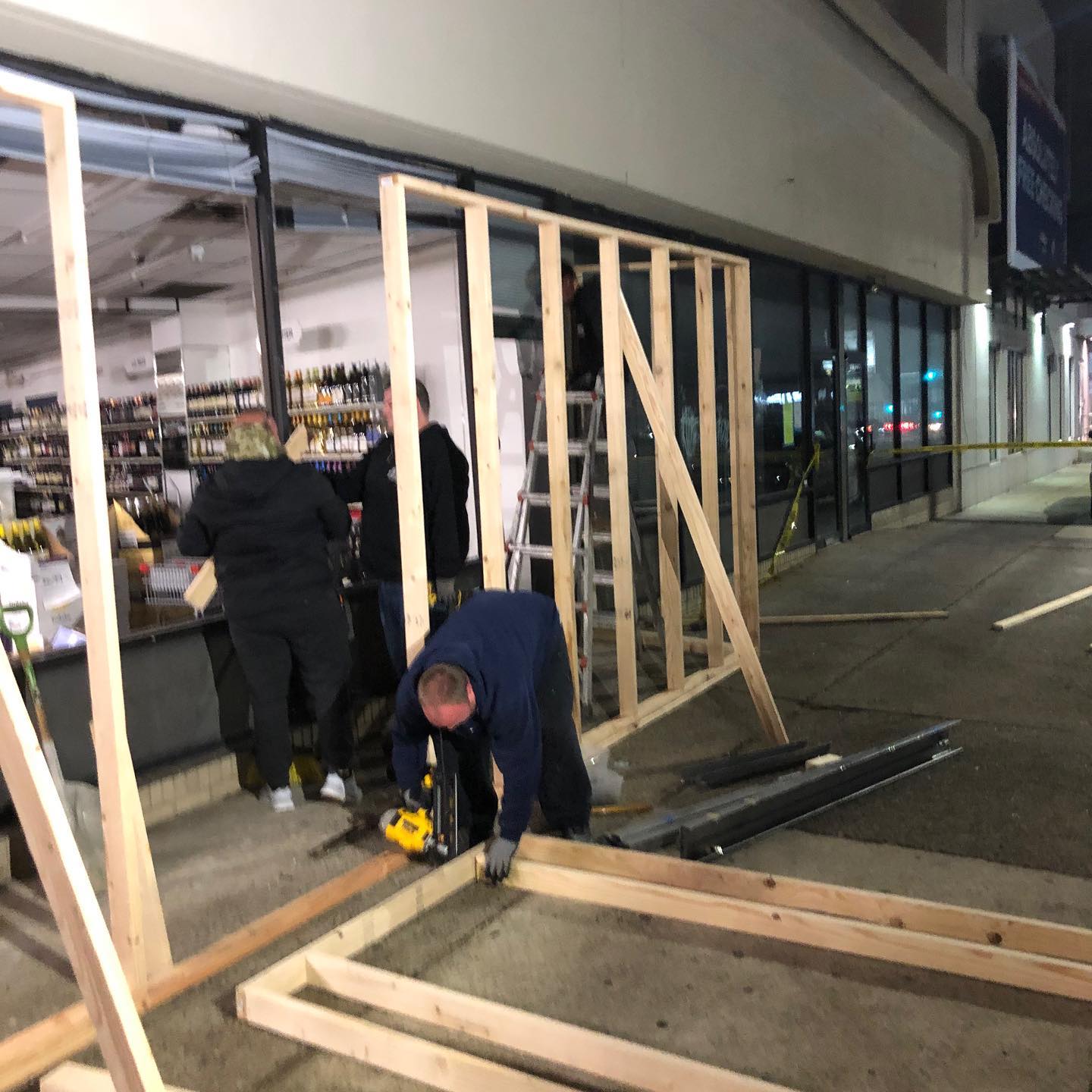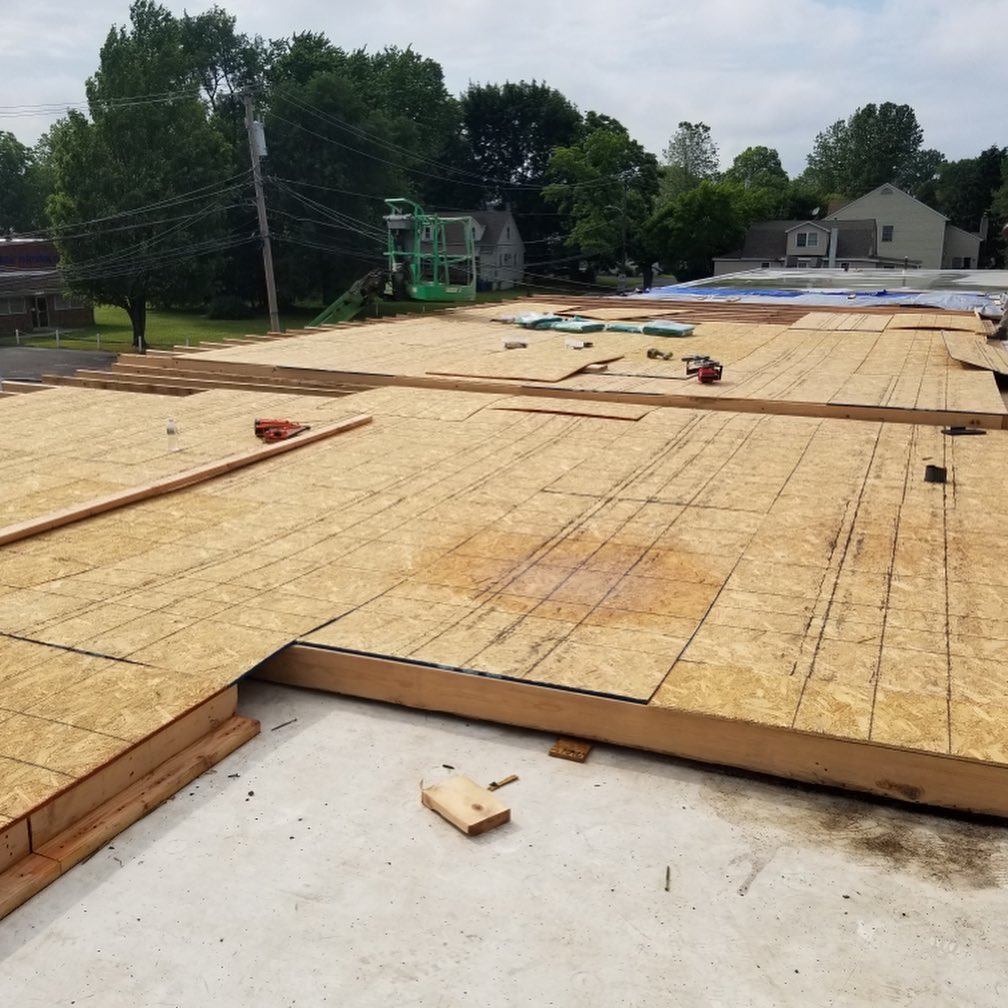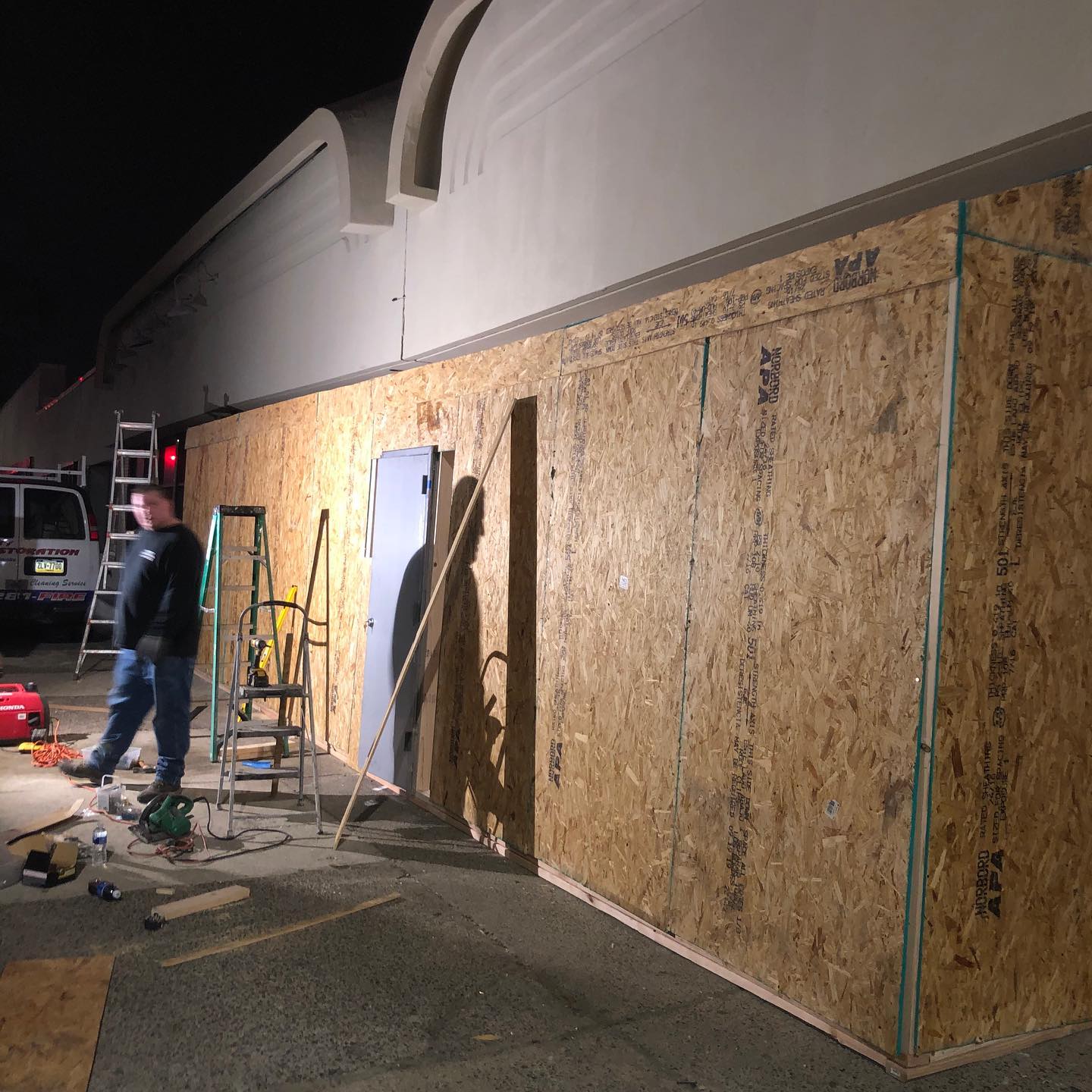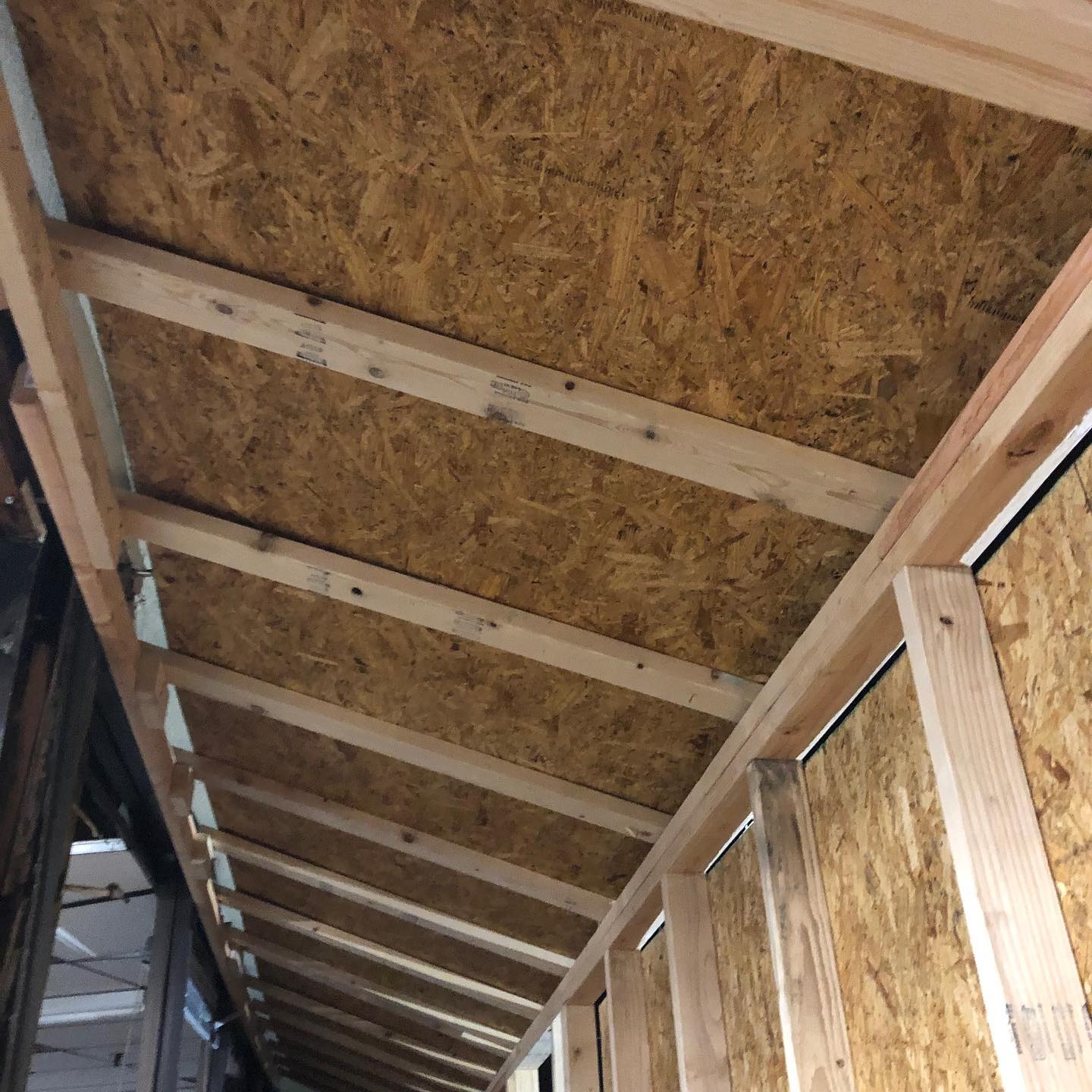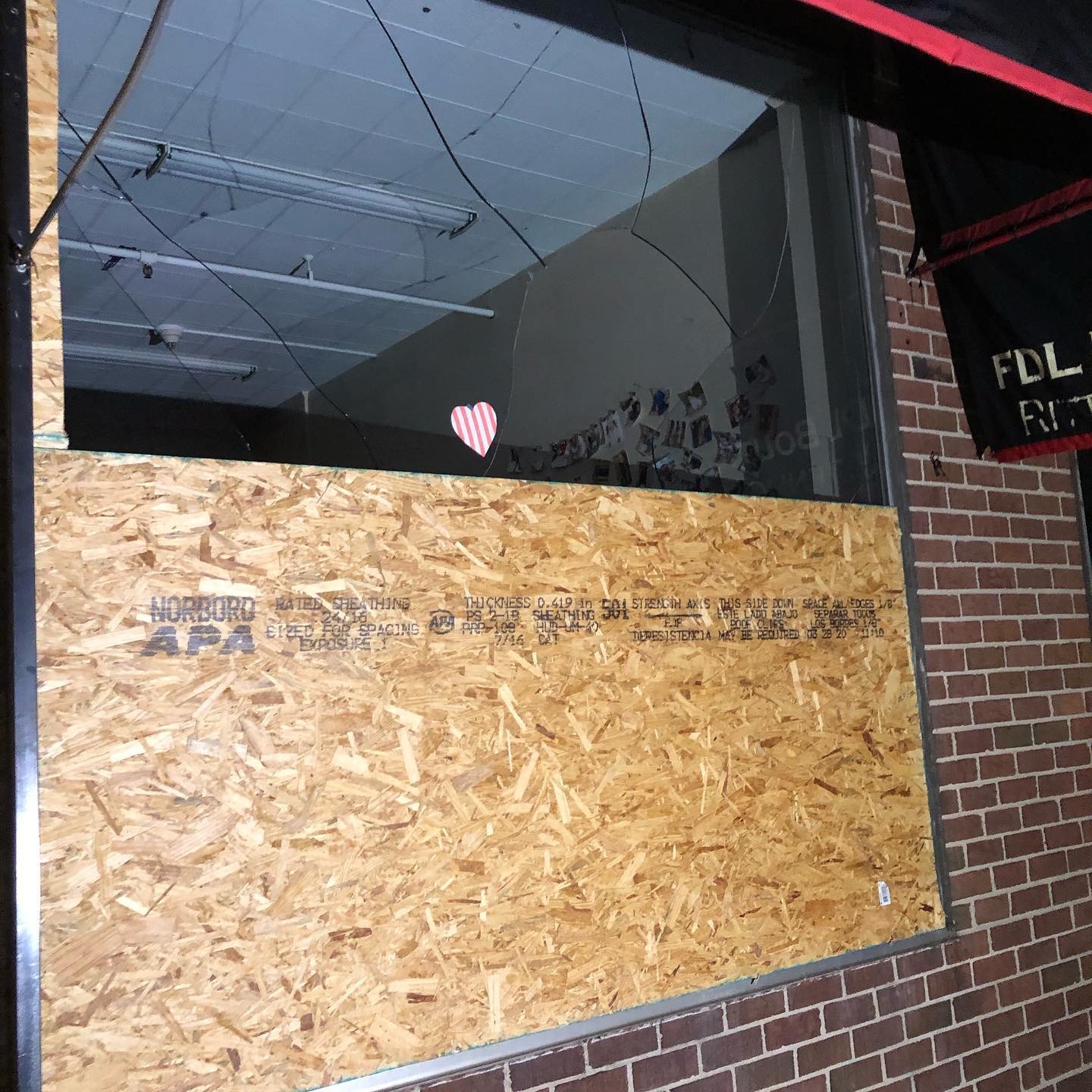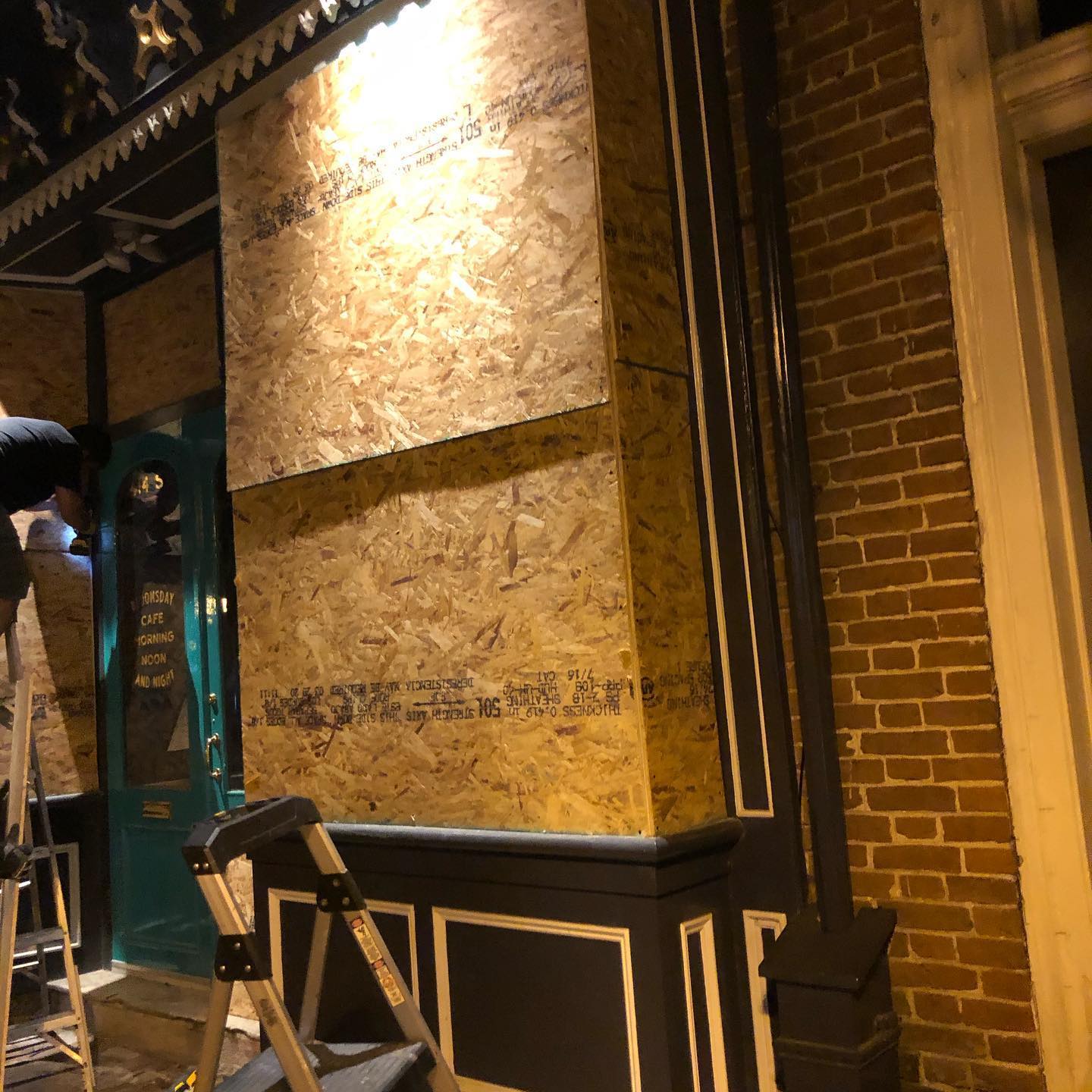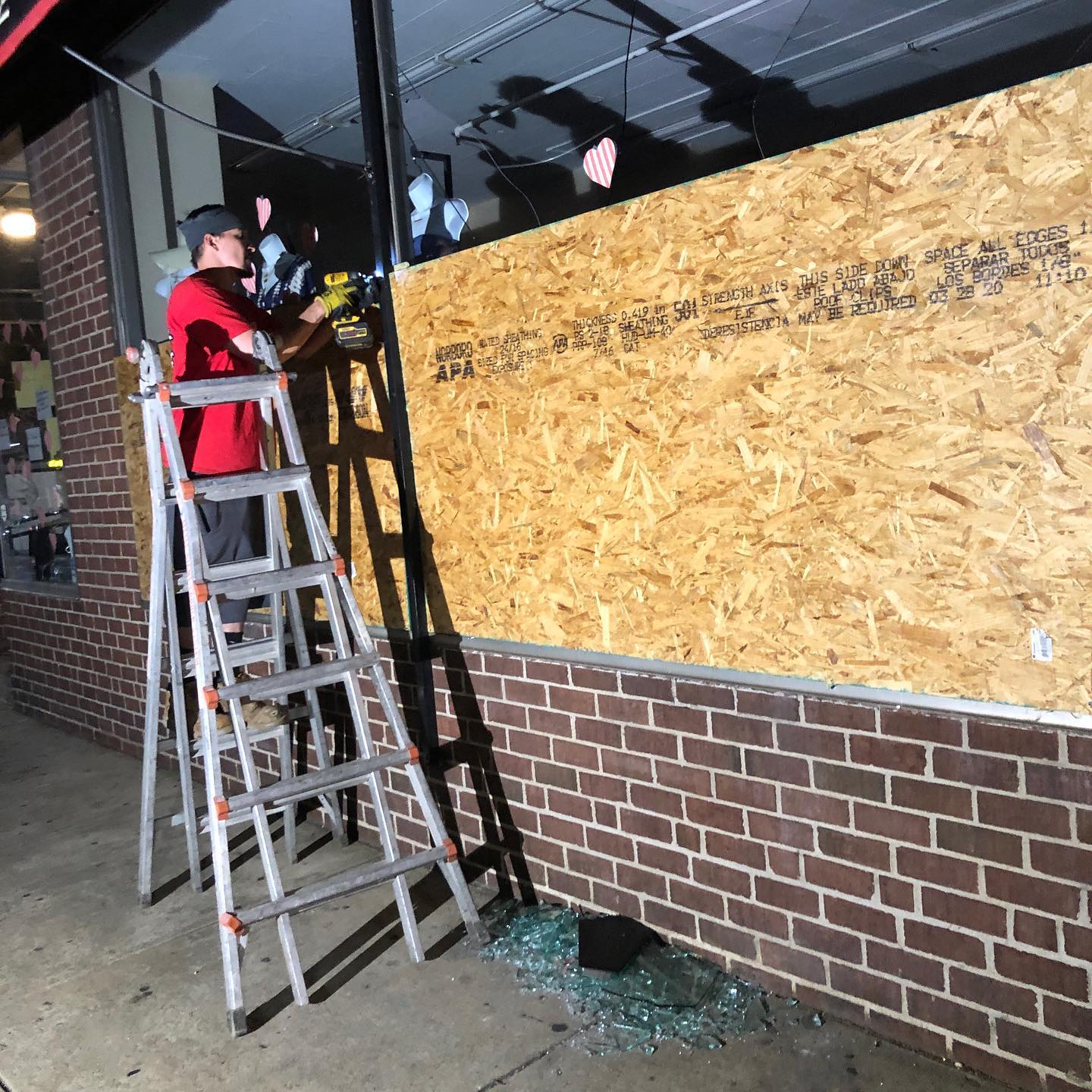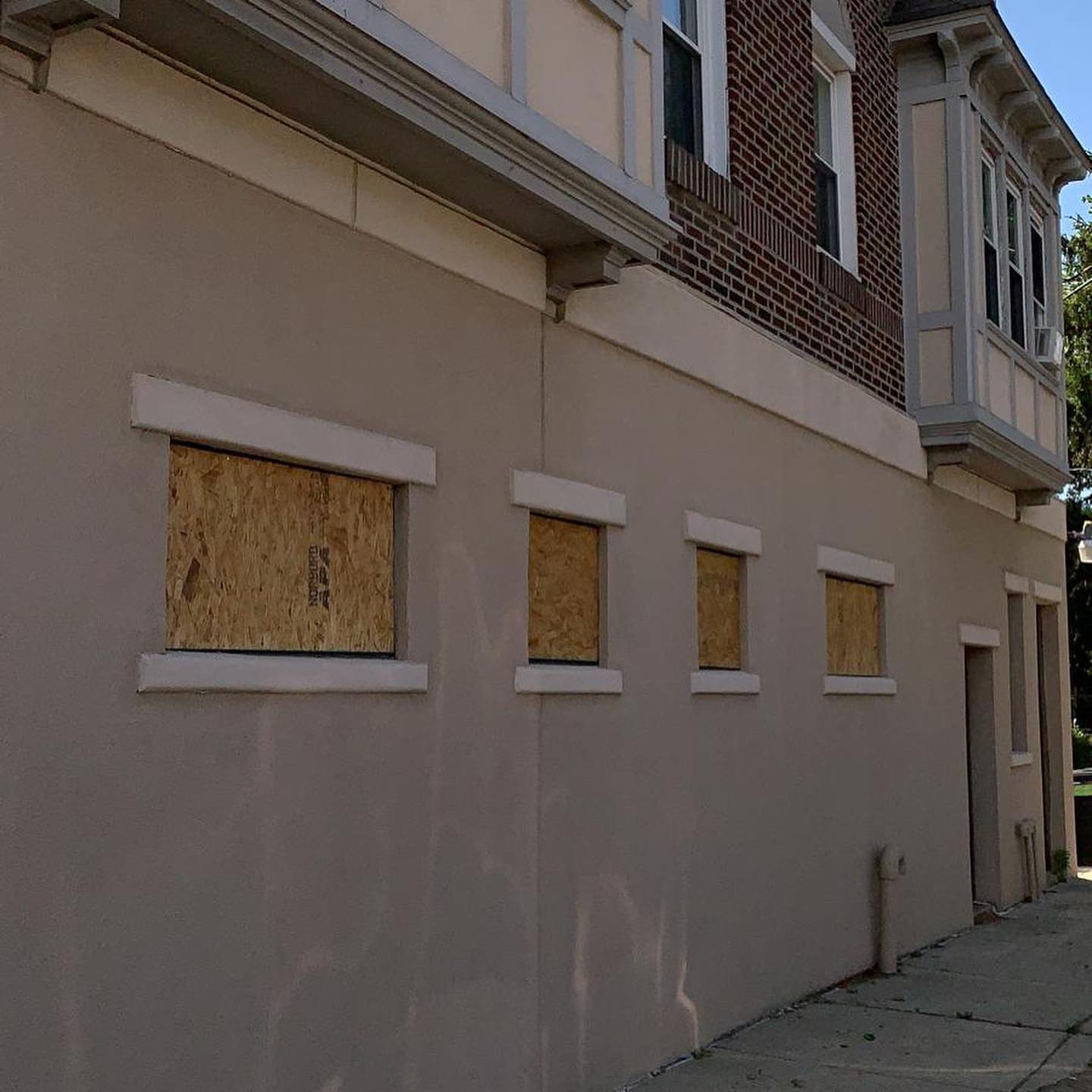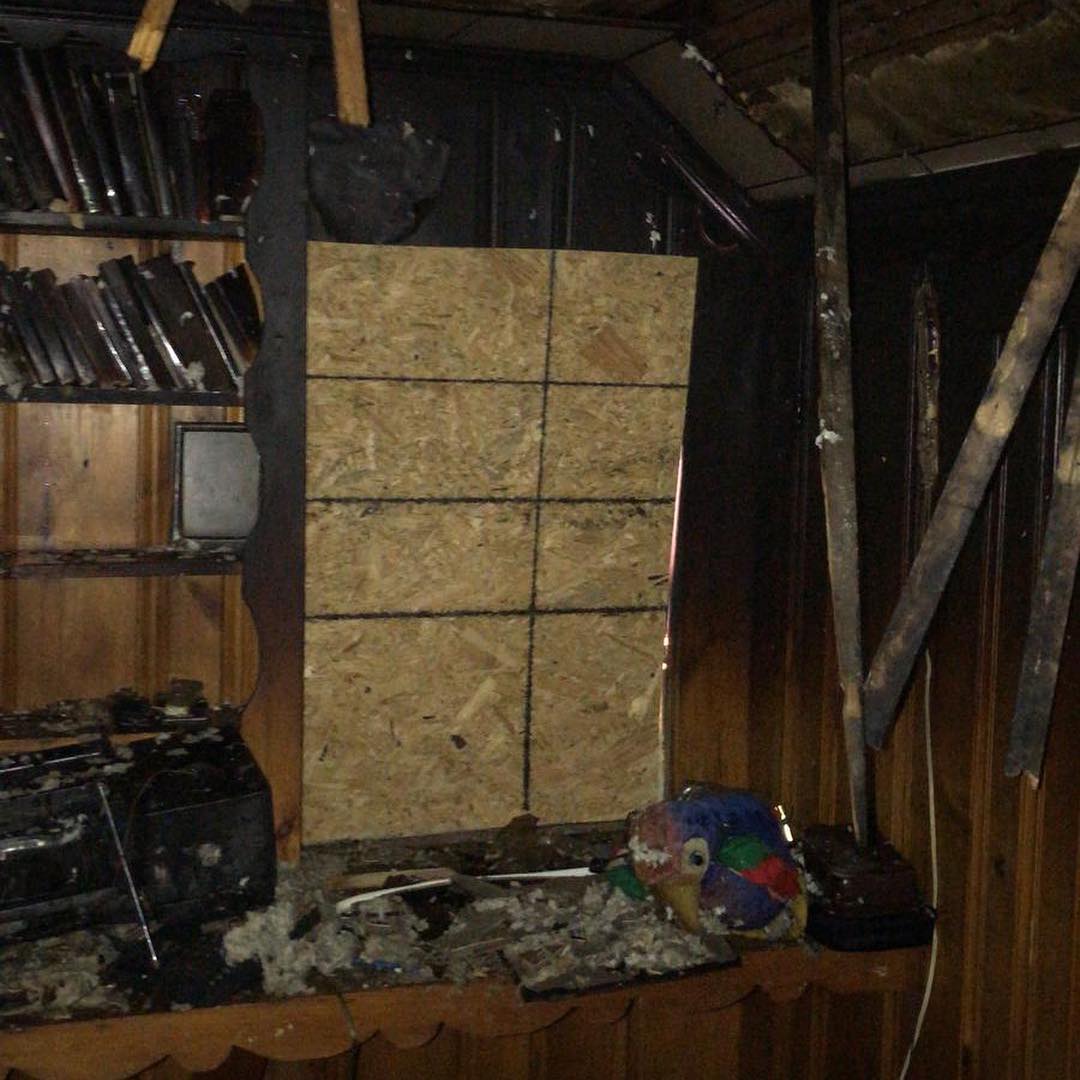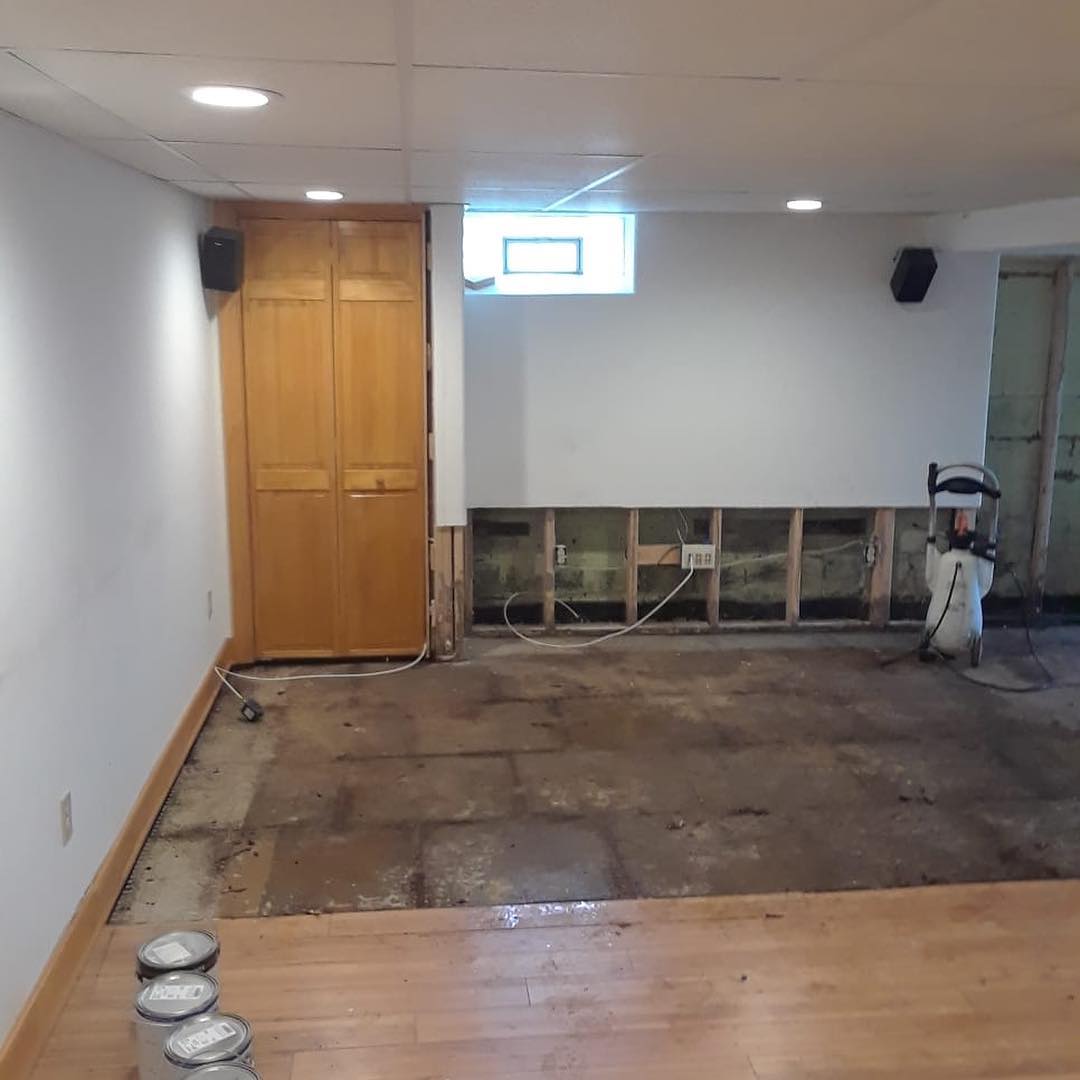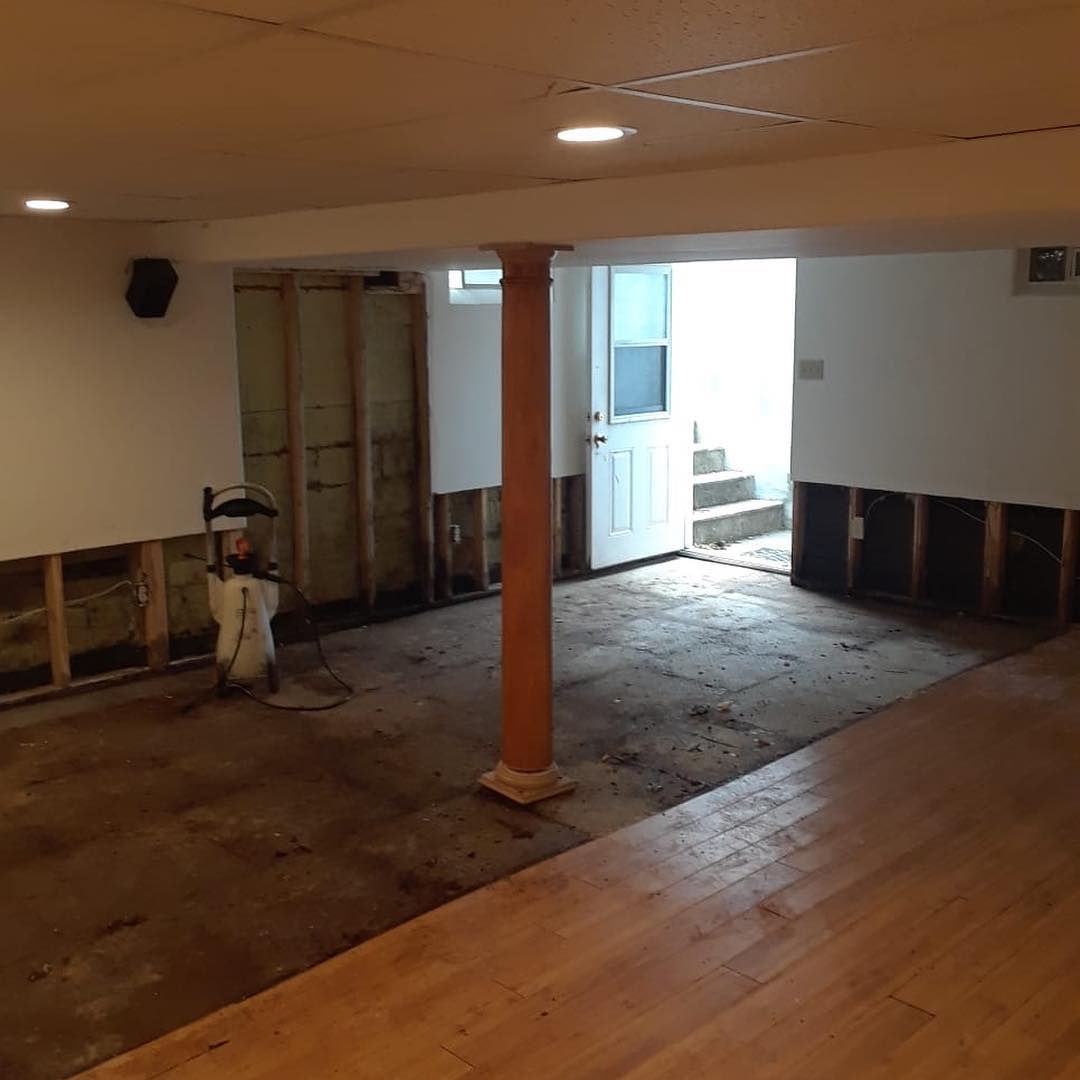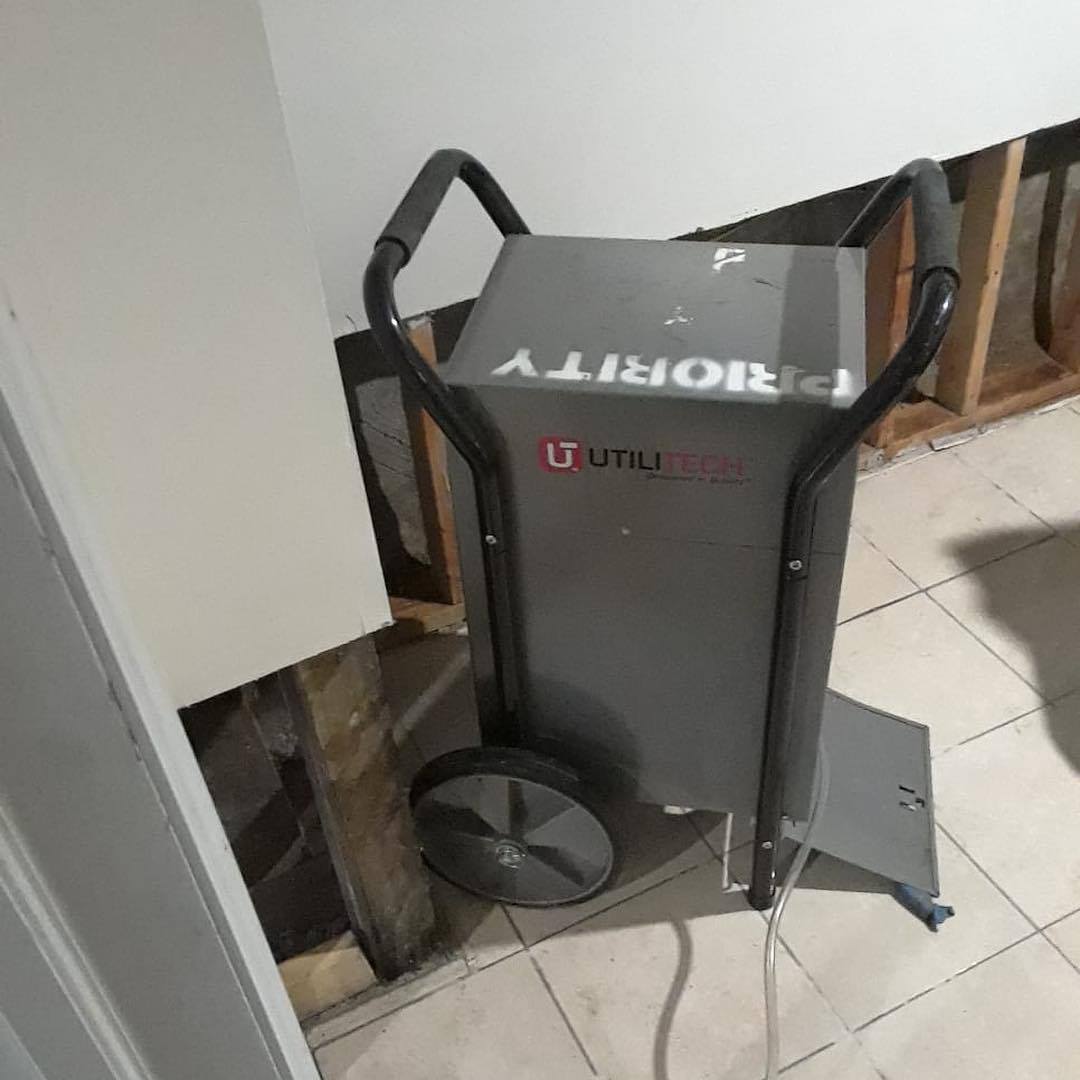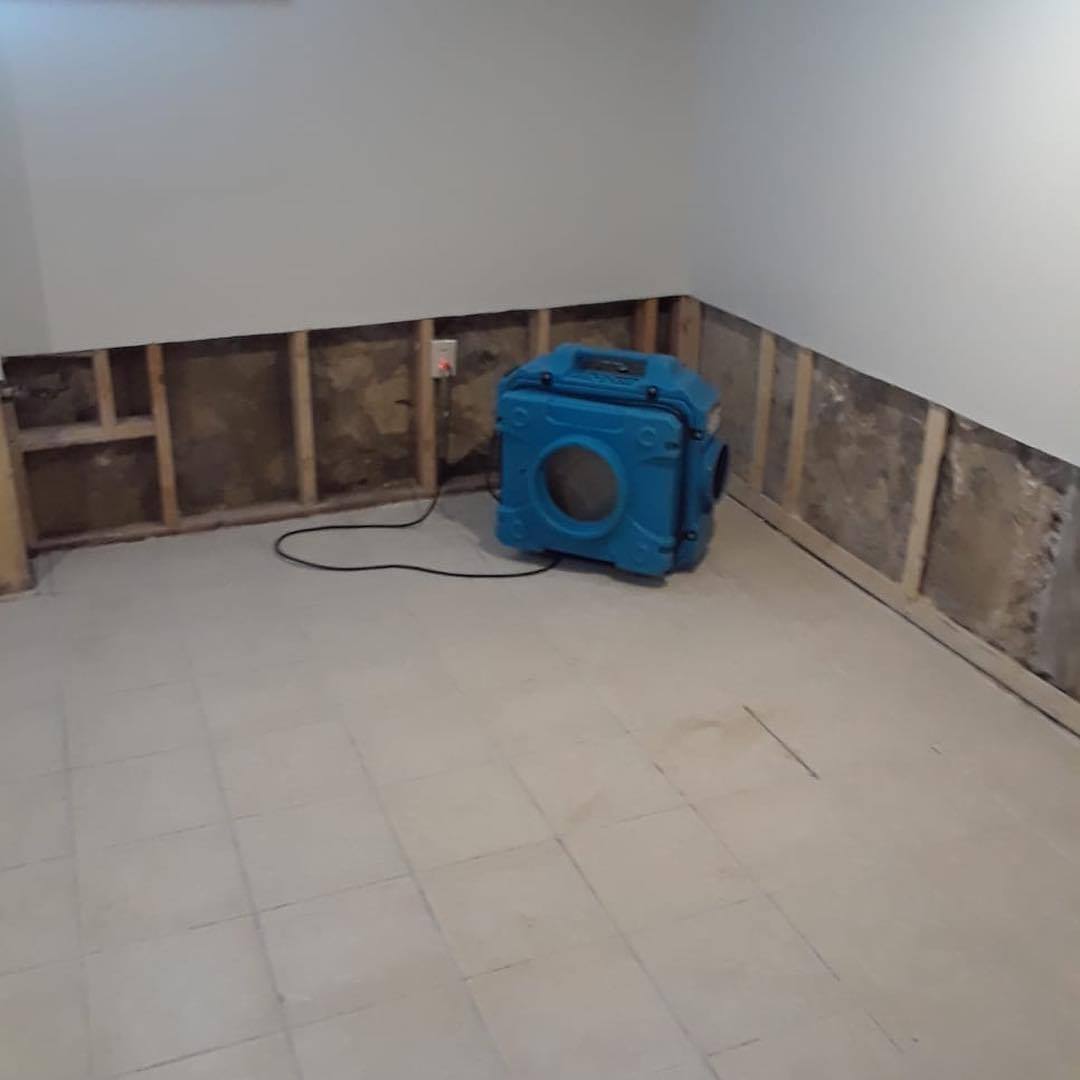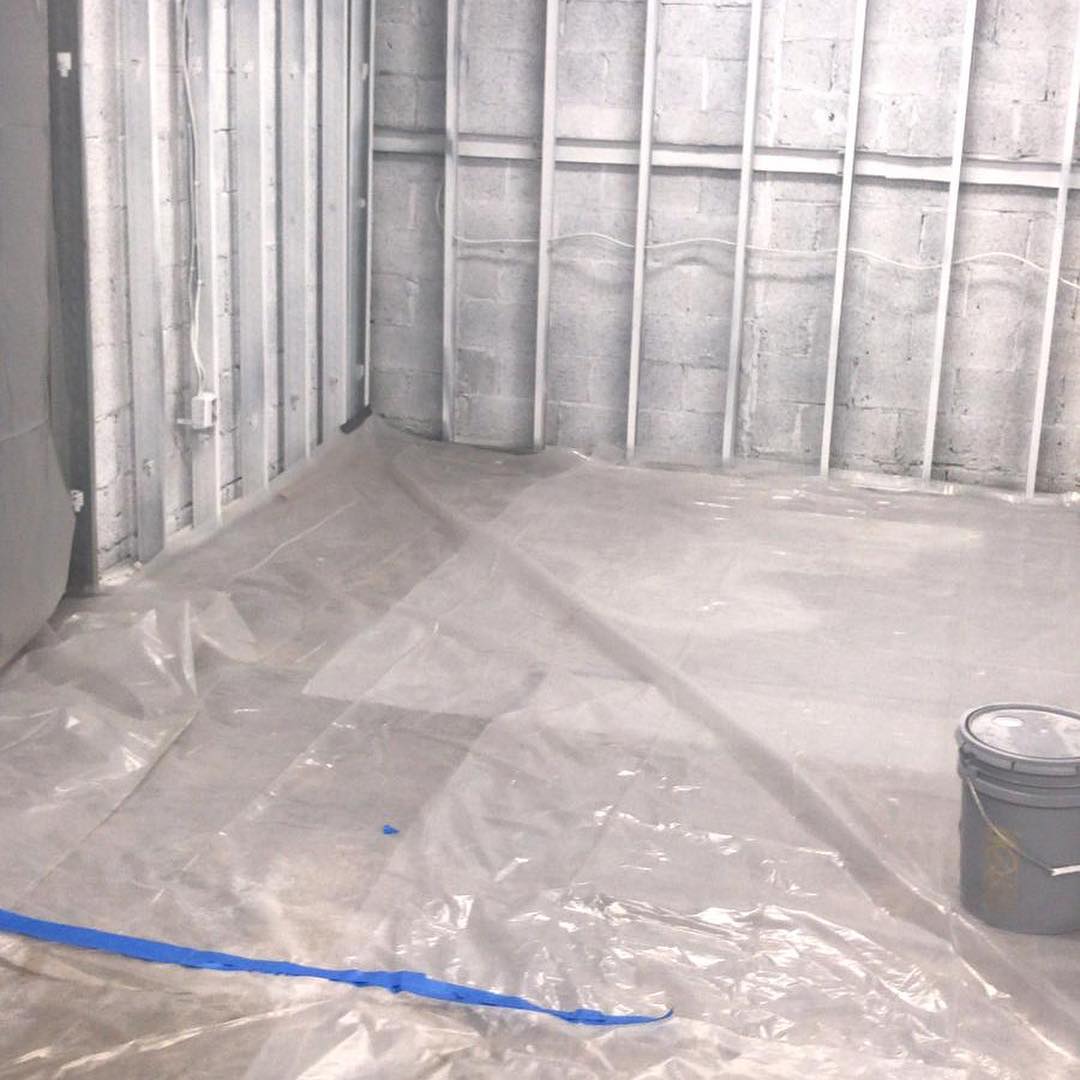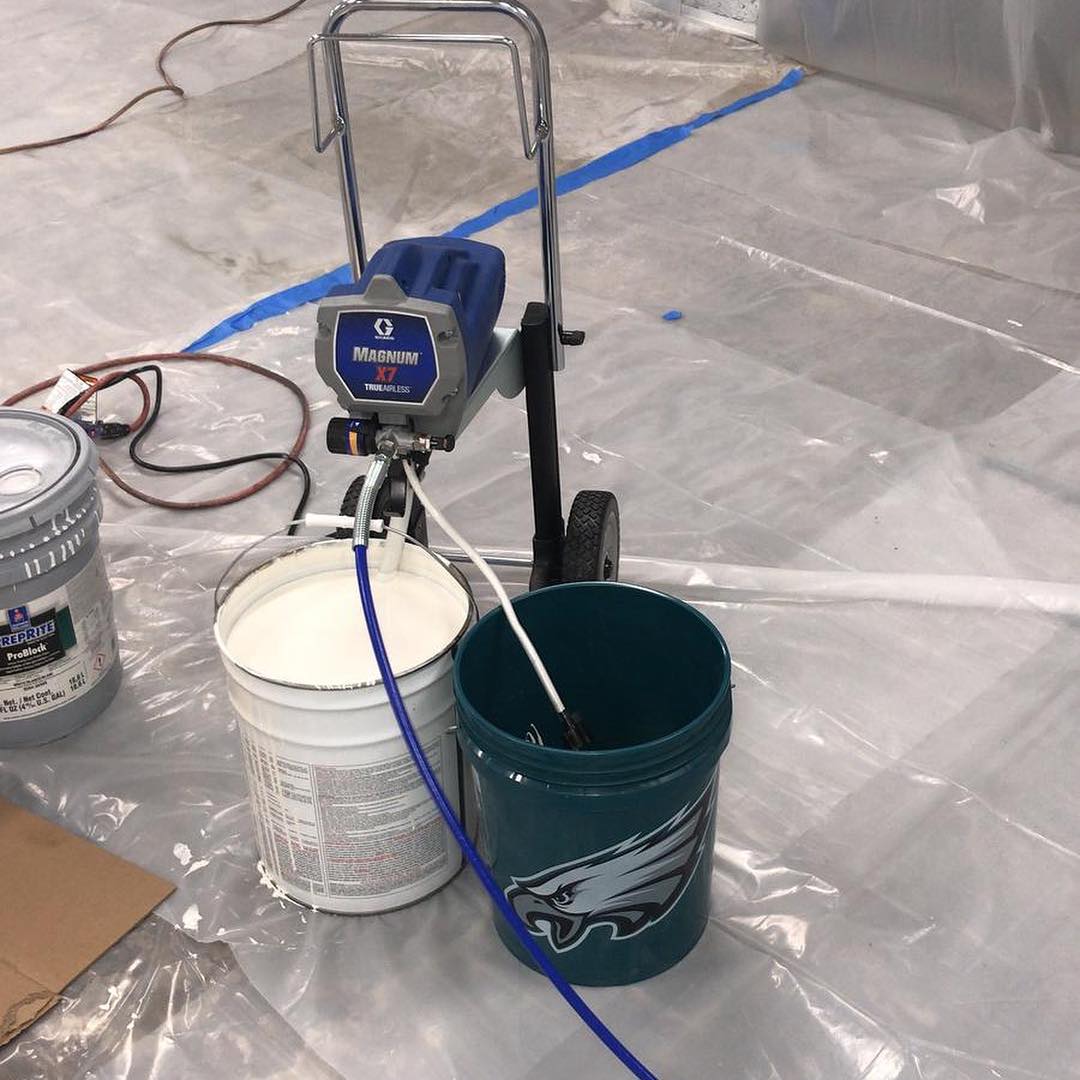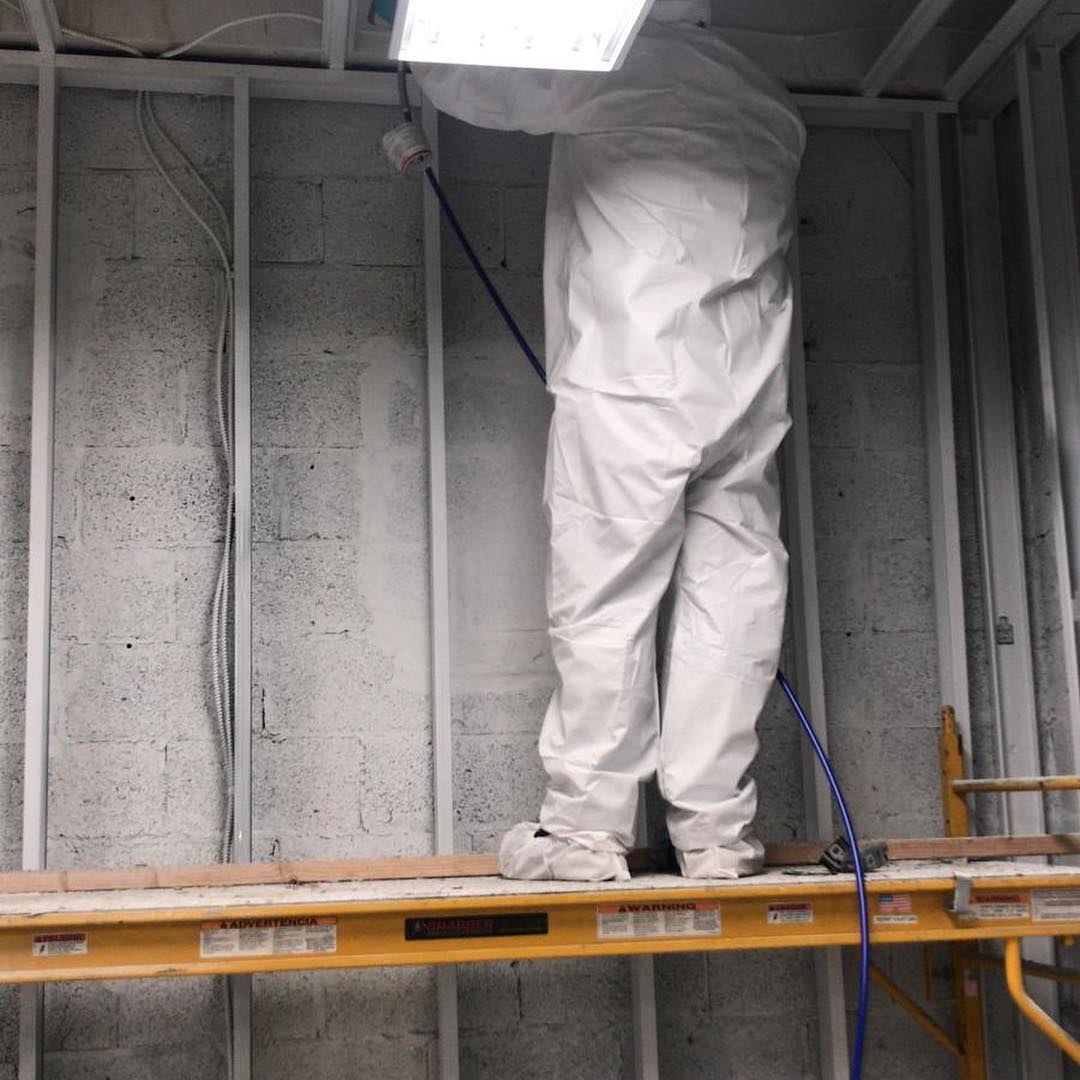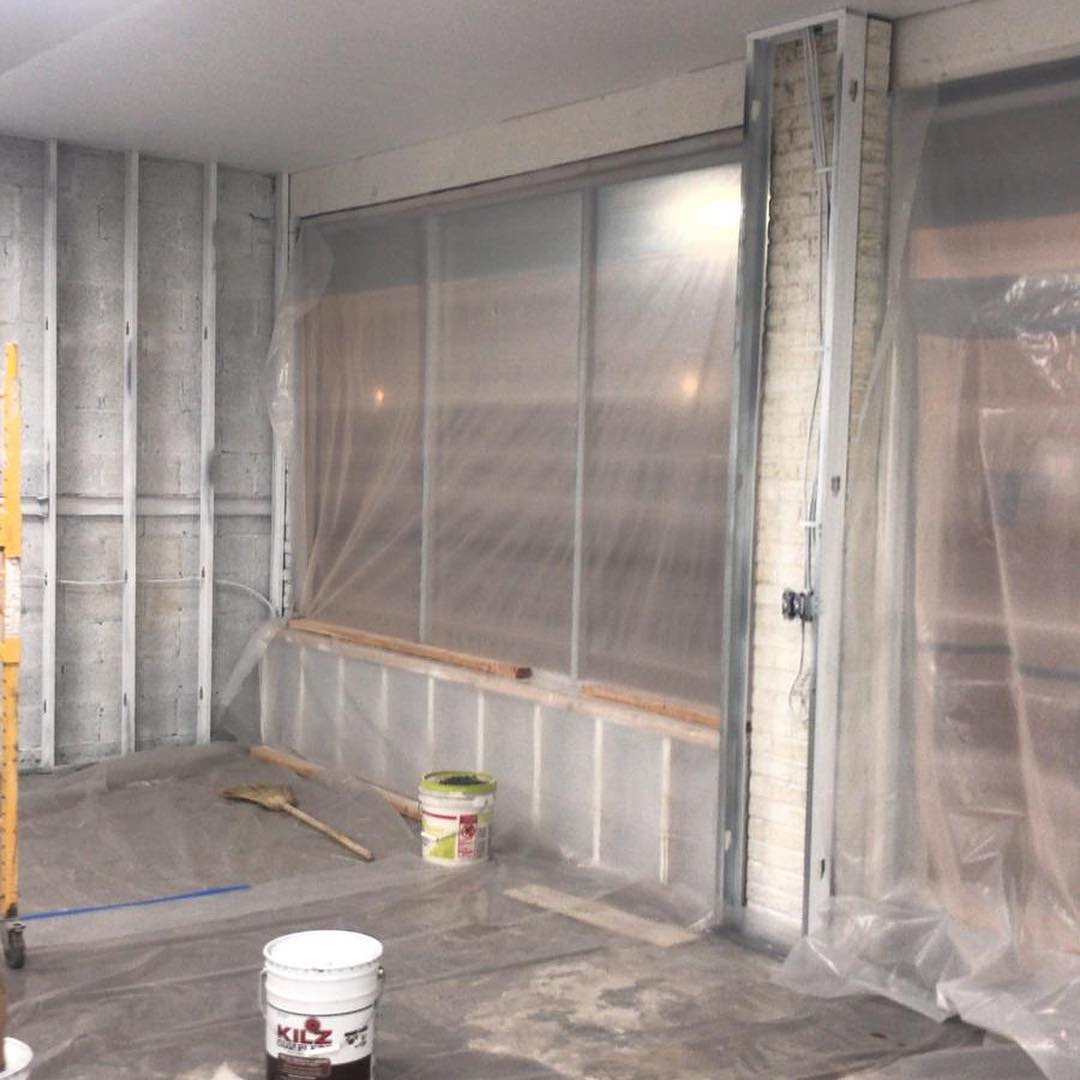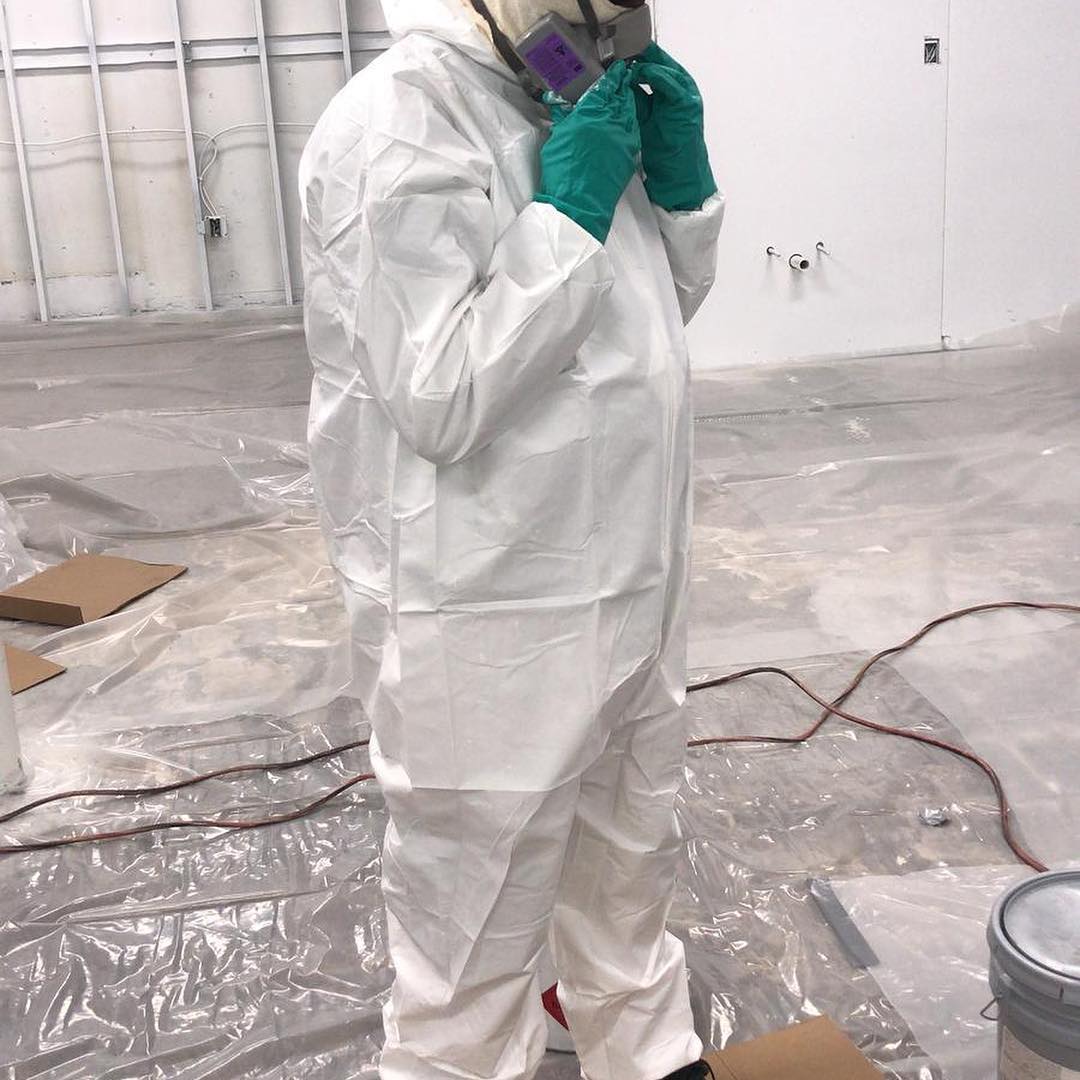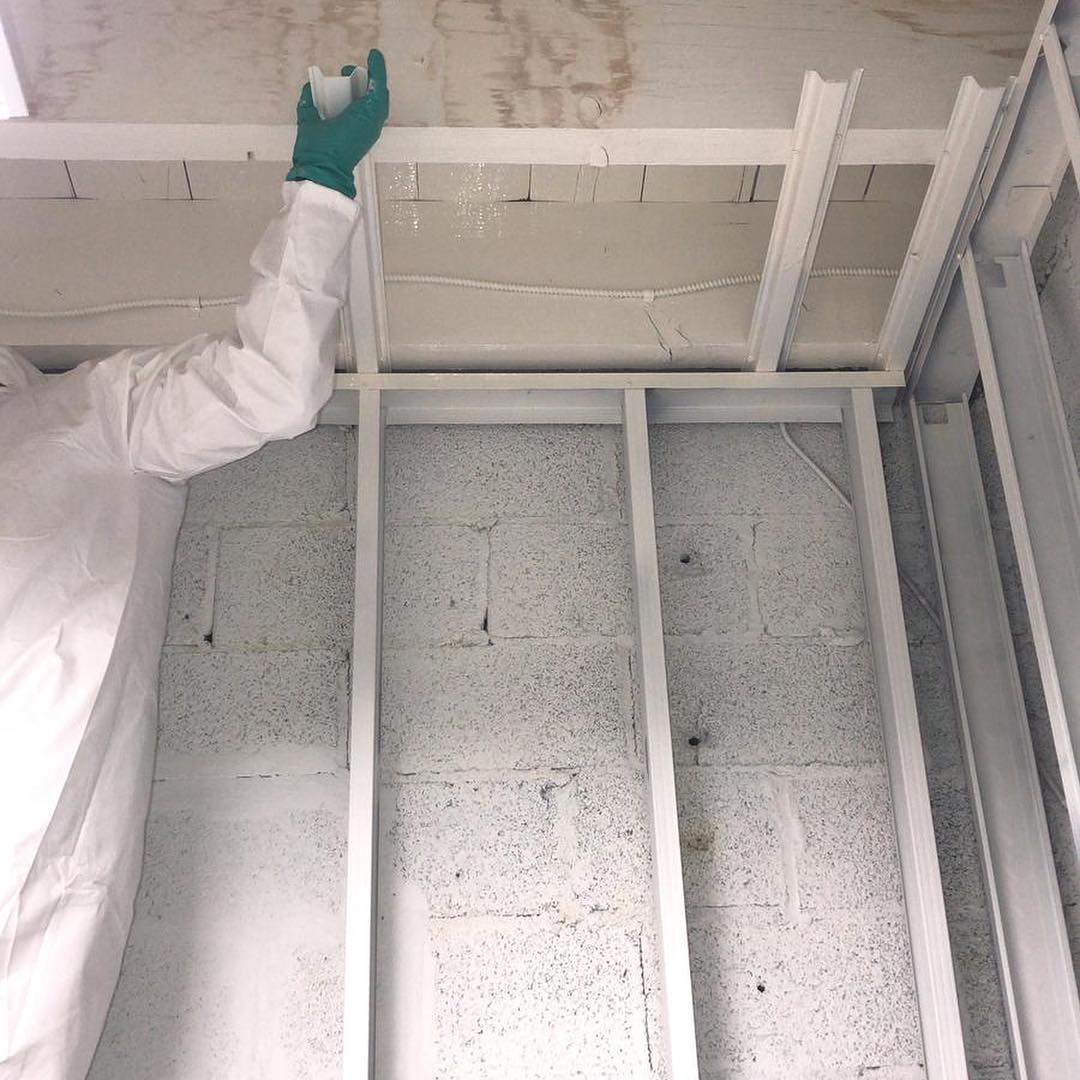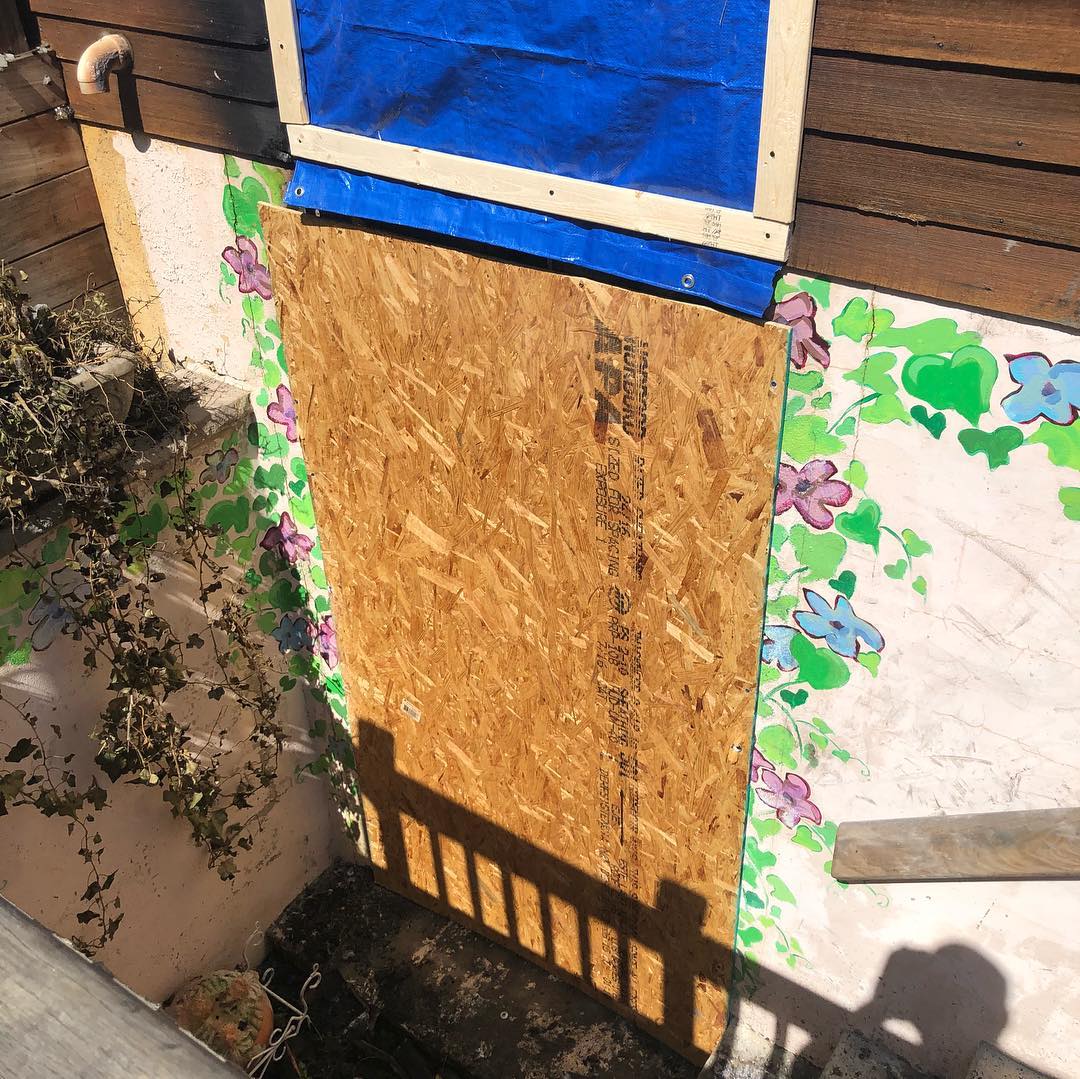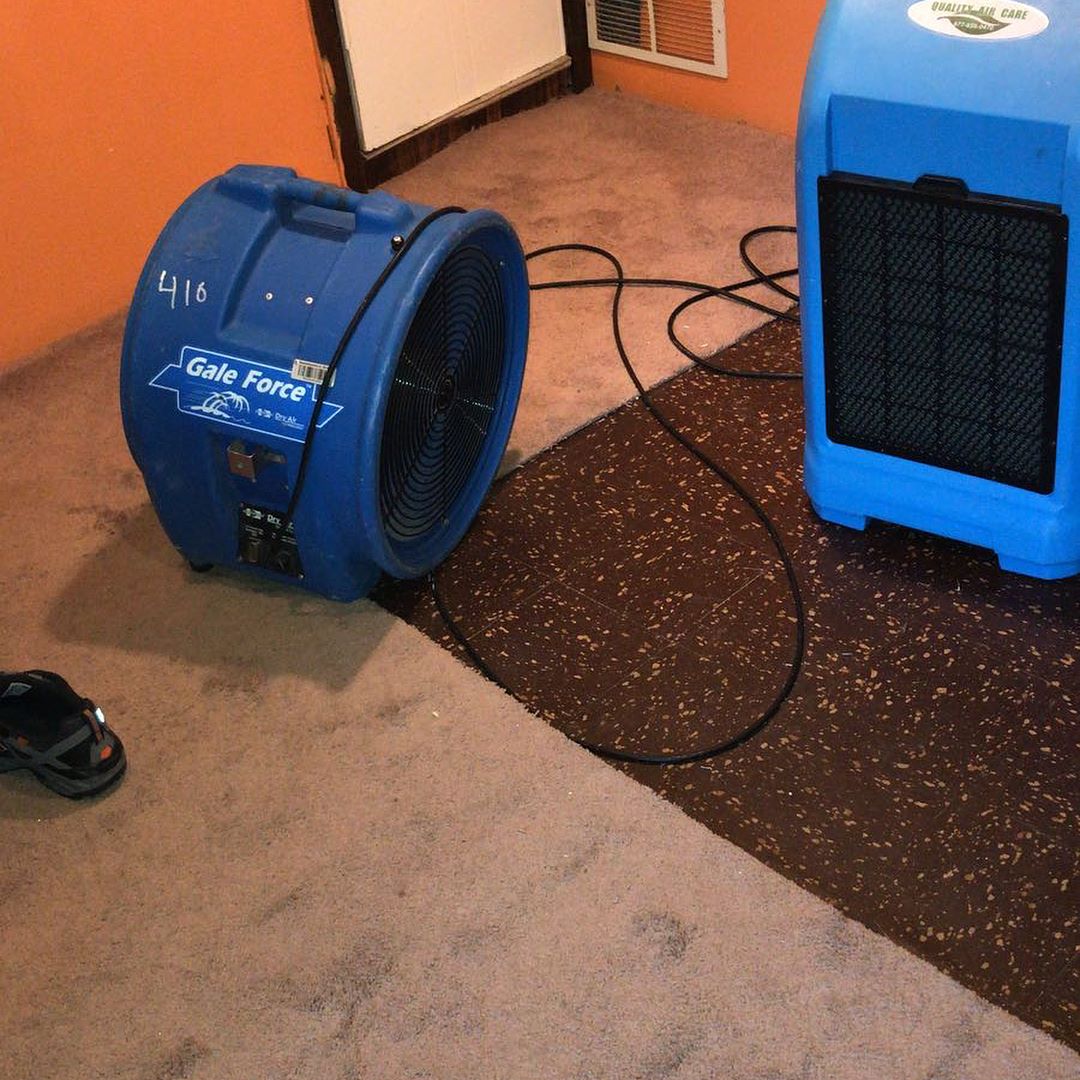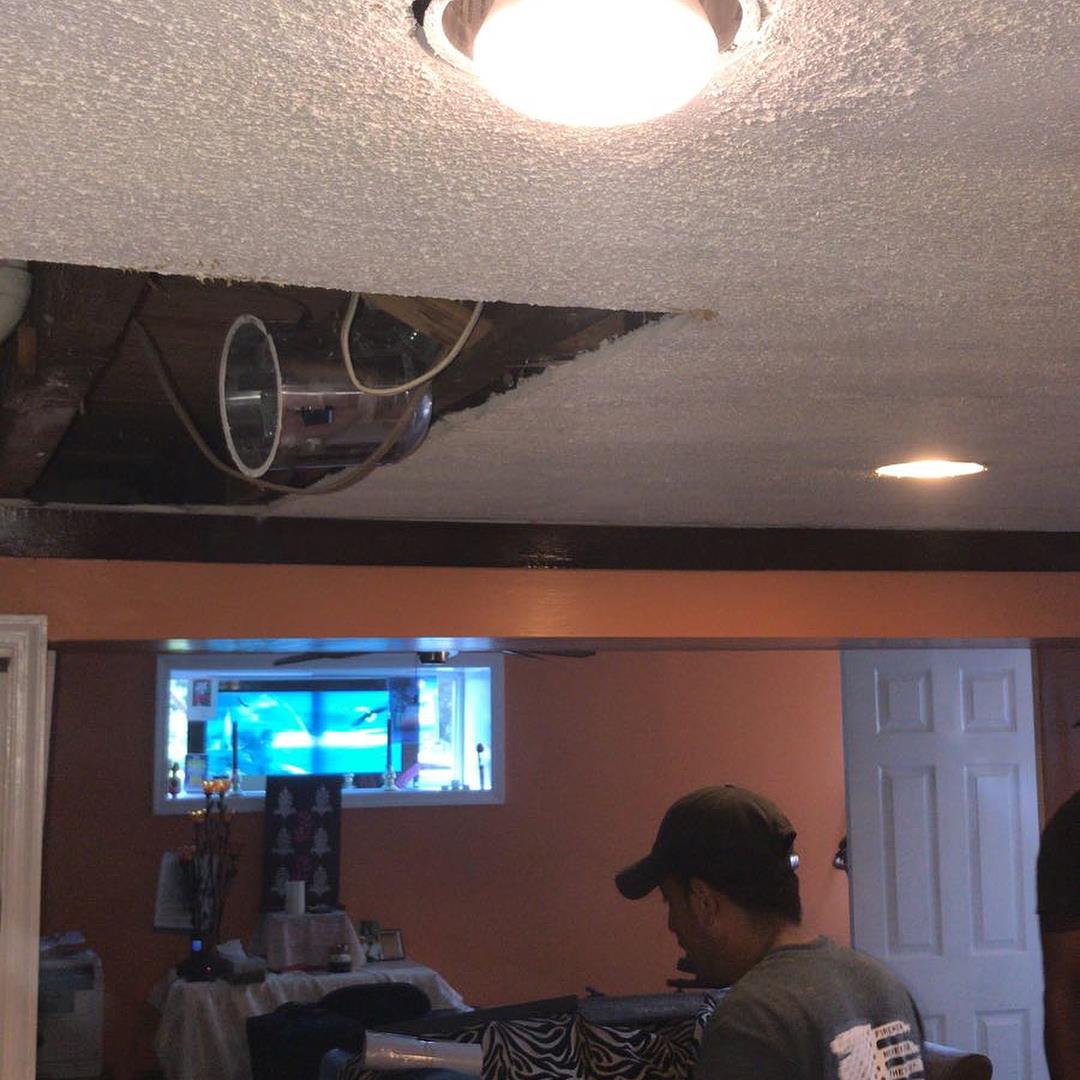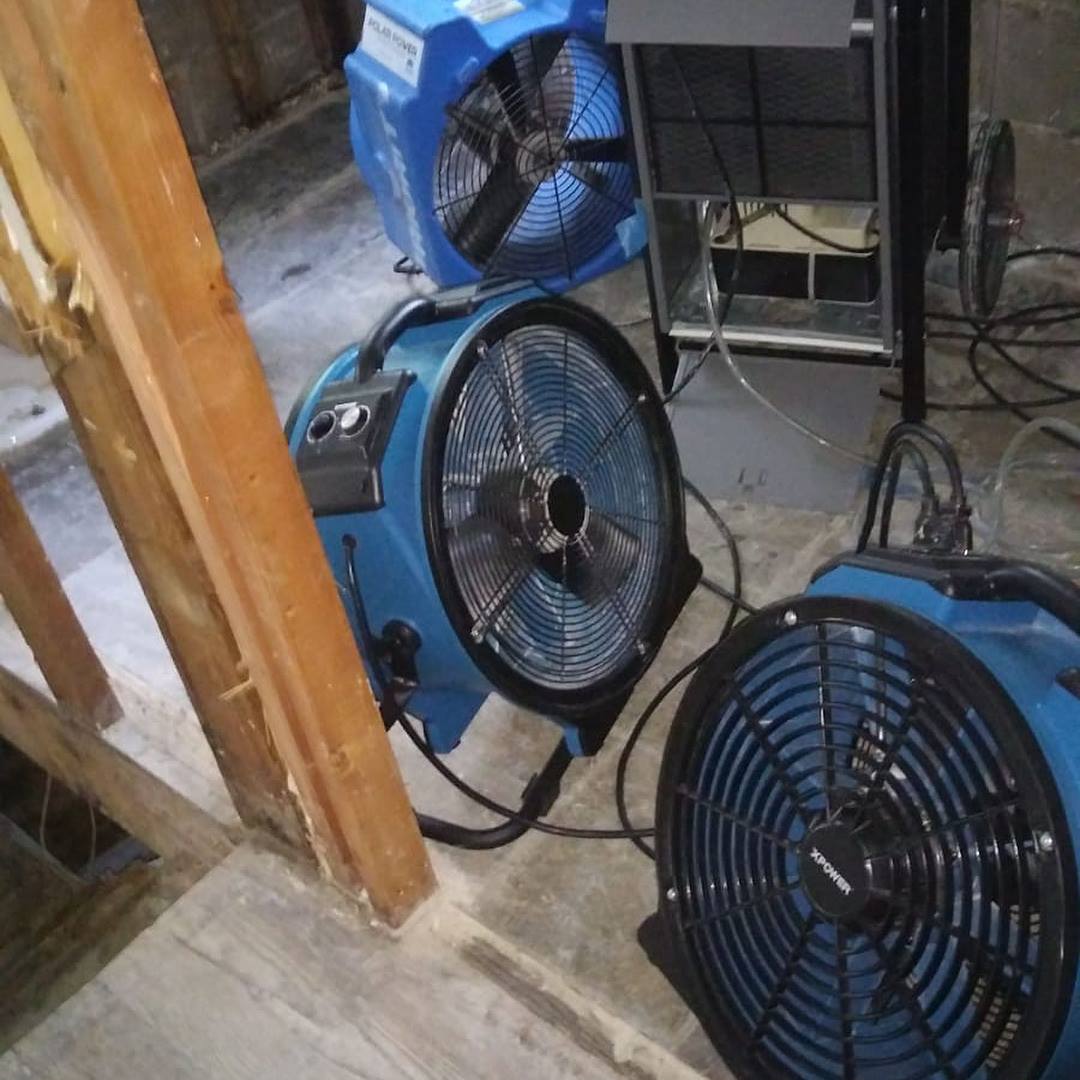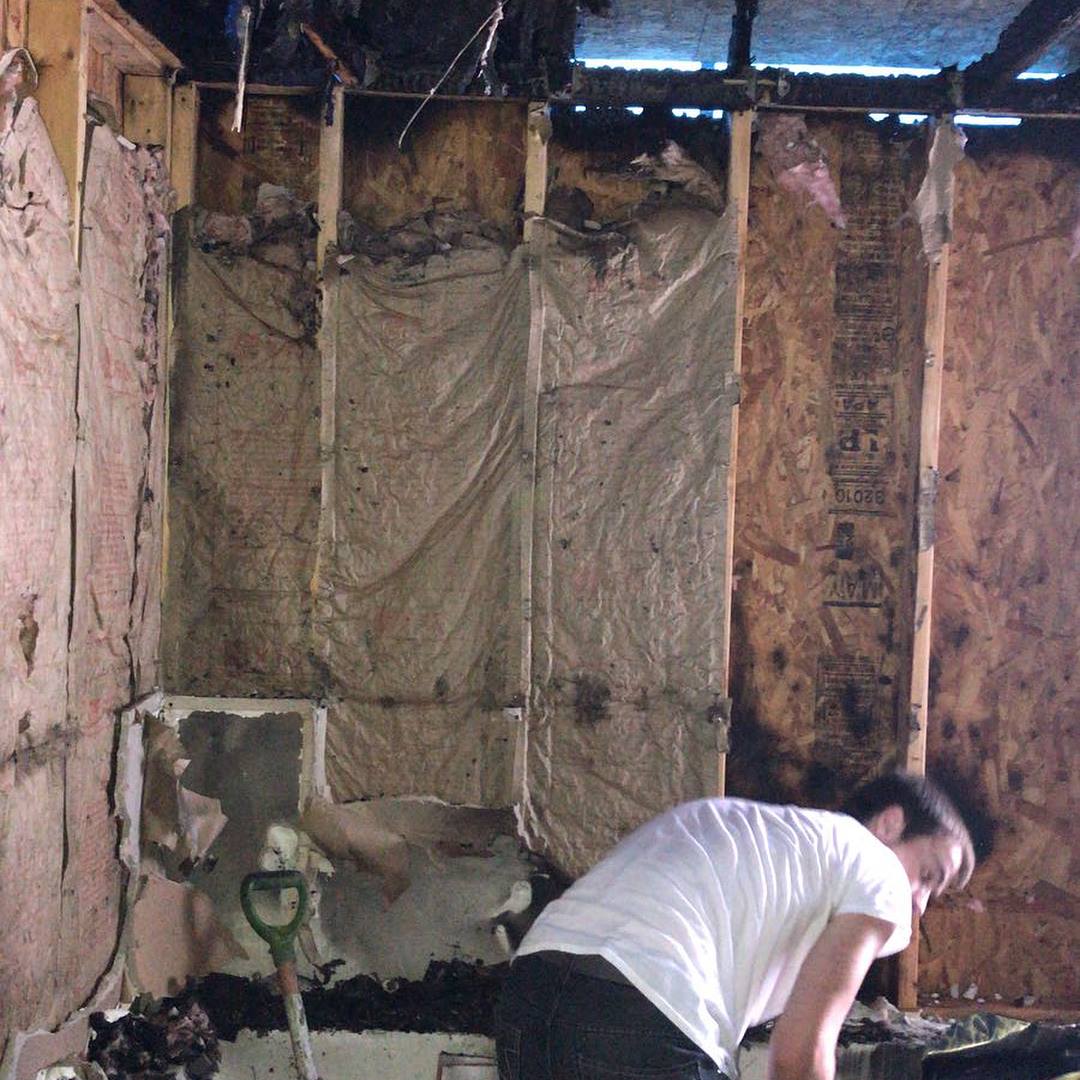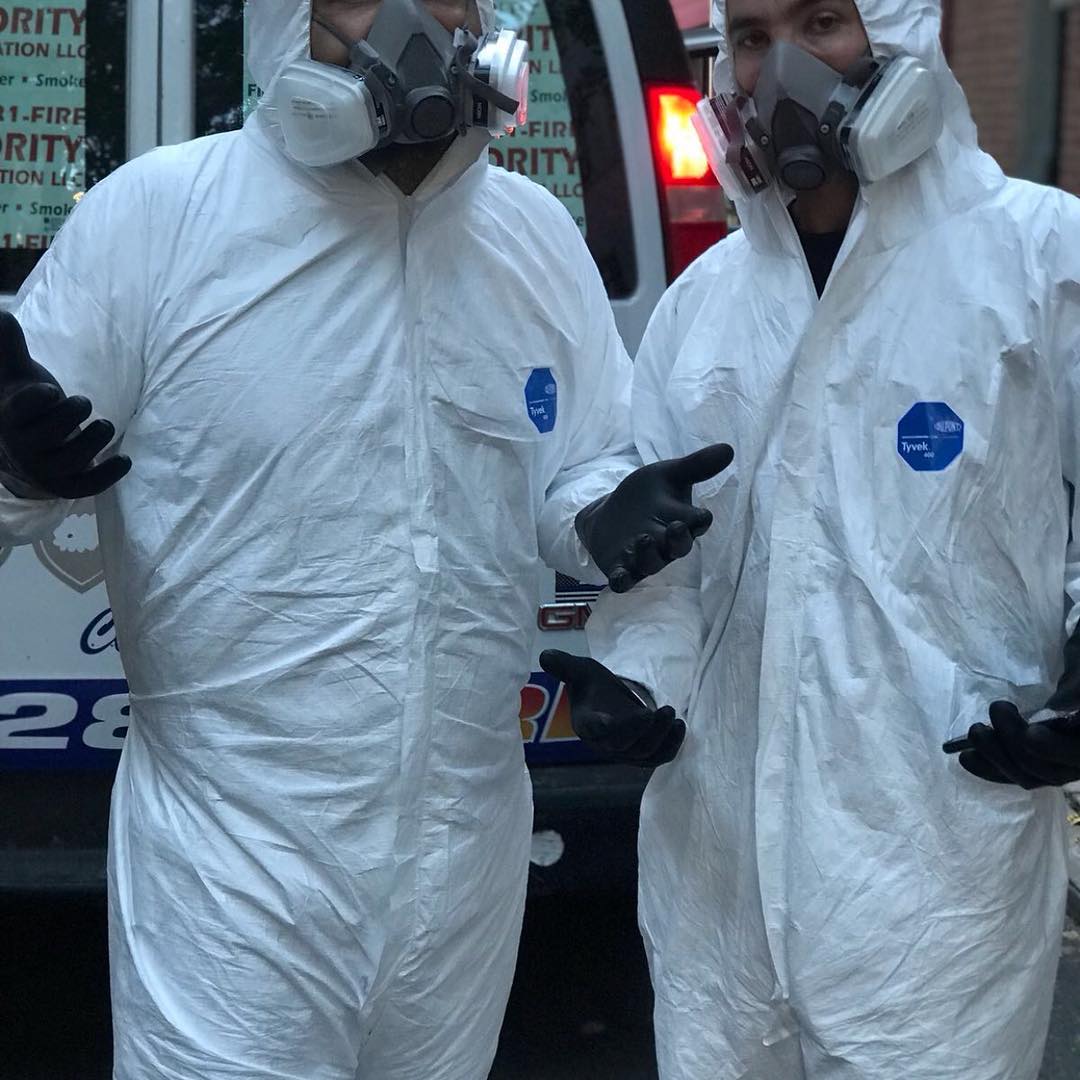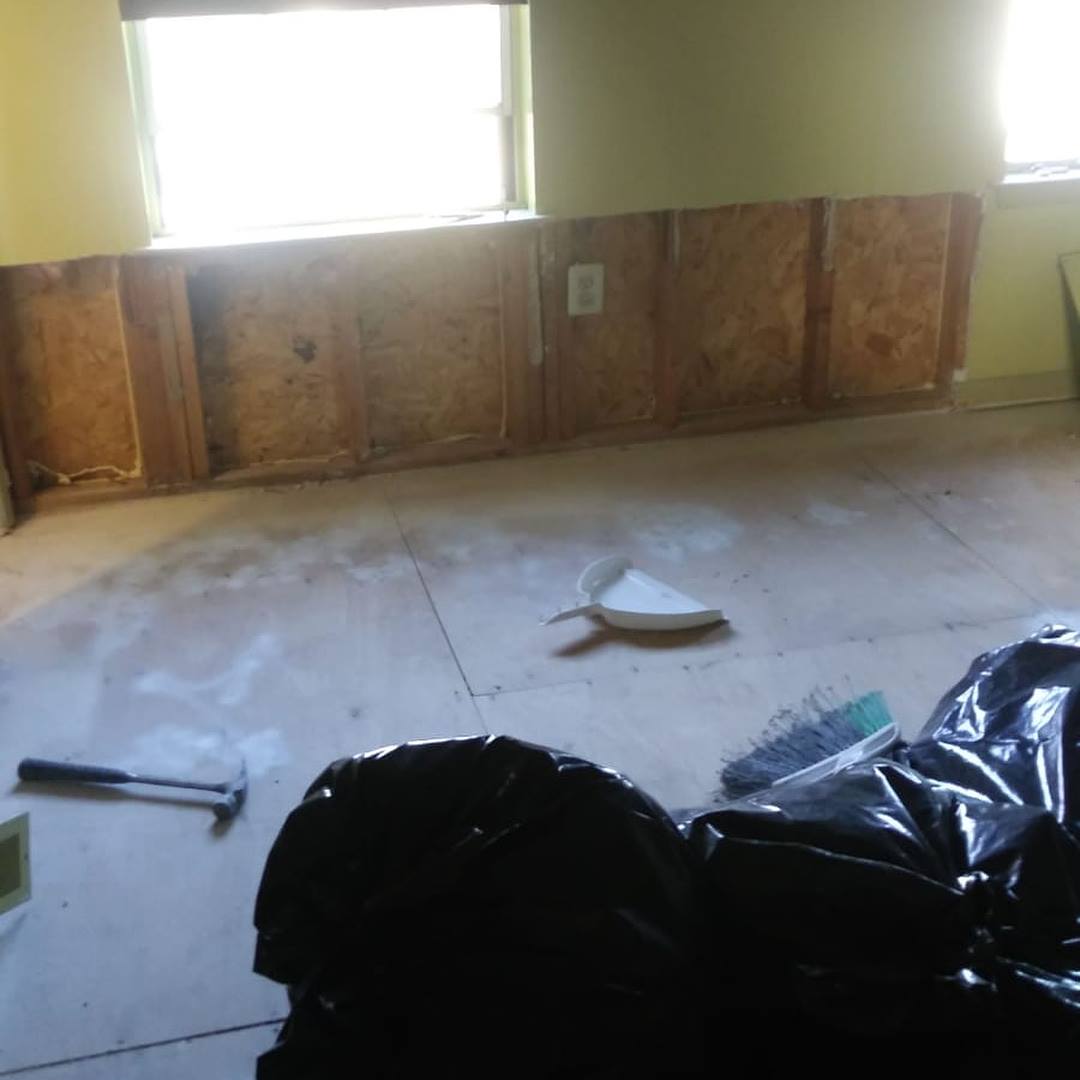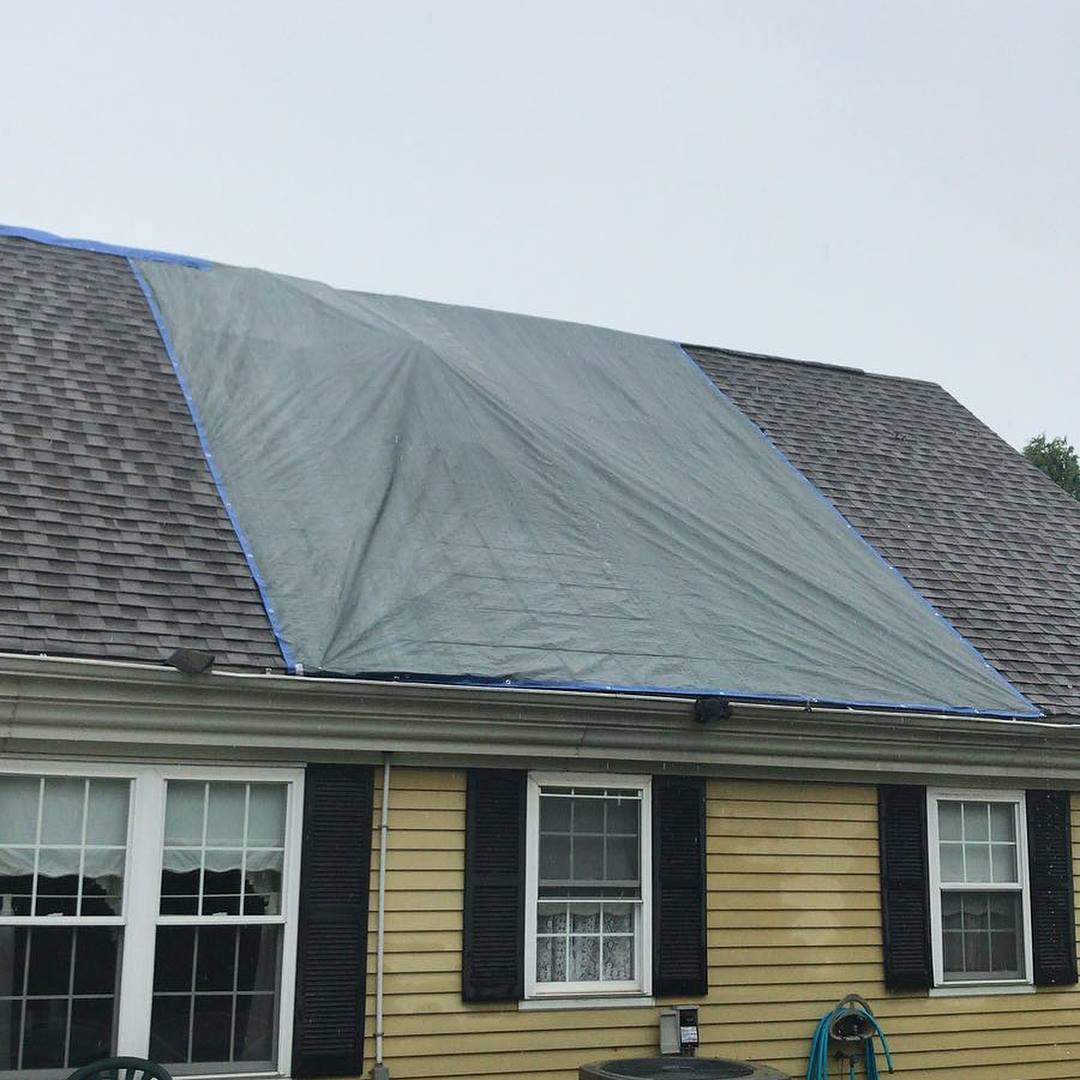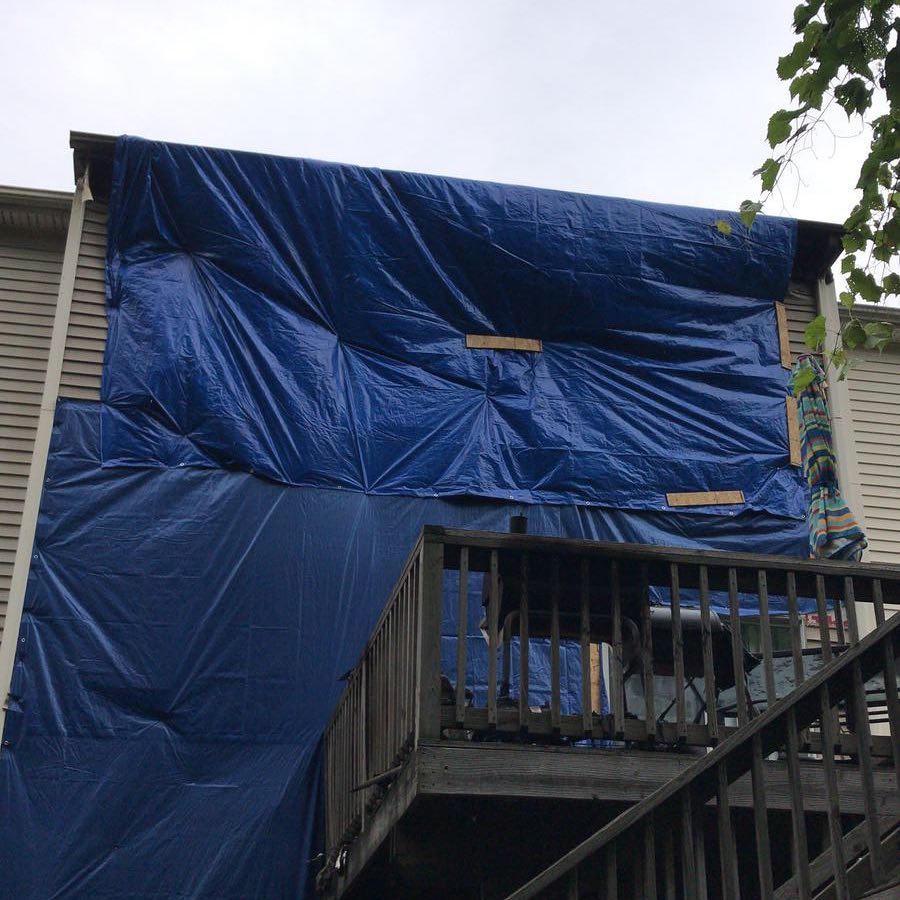
When dealing with HVAC flood damage, you need a reliable and local team of Philly damage restoration experts in your corner. We've restored 100s of properties, both residential and commercial, in the Philly area and we're ready to come out and help you 24/7.
We're certified, insured, and work with all insurance companies. We understand how overwhelming it can be dealing with unexpected damage so let us assist you with your claim so you can focus on getting your life back on track.

Request a Free Estimate
or call (445) 234-4123
By submitting the form, you agree to our Terms of Service and Privacy Policy.
Water damage is a common yet often overlooked issue that can arise from HVAC systems. At Philly Damage Restoration, we specialize in addressing and mitigating water damage, including that caused by HVAC systems. Understanding the causes, consequences, and preventive measures of HVAC water damage is crucial for homeowners.
Causes of HVAC Water Damage
HVAC systems can cause water damage for several reasons. Some of the most common causes include:
- Condensation Leaks: HVAC systems naturally produce condensation. If the drain lines are clogged or improperly installed, this condensation can overflow and lead to water damage.
- Clogged Drain Lines: Over time, debris and algae can clog HVAC drain lines. This blockage prevents proper drainage, causing water to back up and overflow into your home.
- Frozen Evaporator Coils: When evaporator coils freeze and then thaw, the excess water can lead to flooding if the drainage system is inadequate.
- Improper Installation: Poor installation of HVAC units can lead to leaks and improper drainage, resulting in water damage over time.
- Aging Equipment: Older HVAC systems are more prone to leaks and breakdowns, which can lead to significant water damage if not promptly addressed.
Preventing HVAC Water Damage
Preventing HVAC water damage involves regular maintenance and vigilance. Here are some specific tips to help safeguard your home:
- Regular Maintenance: Schedule routine maintenance for your HVAC system. Regular inspections can identify and rectify potential issues before they lead to water damage.
- Clean Drain Lines: Ensure that drain lines are clear of debris and algae. Consider using a mixture of bleach and water to clean the lines periodically.
- Check for Proper Installation: If your HVAC system is newly installed, have a professional check to ensure it was done correctly.
- Monitor for Leaks: Regularly inspect your HVAC system for any signs of leaks or water accumulation.
- Upgrade Aging Systems: Consider upgrading older HVAC systems to newer, more efficient models that are less prone to water-related issues.
Addressing HVAC Water Damage
If you do experience water damage from your HVAC system, it’s important to act quickly. Here’s a step-by-step guide to addressing the issue:
- Turn Off the System: Immediately turn off your HVAC system to prevent further water accumulation.
- Identify the Source: Locate the source of the leak or water damage. This could be a clogged drain line, frozen evaporator coil, or another issue.
- Call a Professional: Contact a professional water damage restoration company like Philly Damage Restoration. Our experts can assess the damage, fix the problem, and restore your home to its original condition.
- Document the Damage: Take photos and document the extent of the water damage. This will be useful for insurance claims.
- Remove Water: Use a wet/dry vacuum to remove standing water. Dehumidifiers and fans can help dry out the affected area.
Mini-Split and Heat Pump System Leaks
Mini-split and heat pump systems are popular for their efficiency and flexibility in providing both heating and cooling. However, like any HVAC system, they can be prone to water leaks that can cause significant damage to your home.
Causes of Leaks in Mini-Split and Heat Pump Systems
- Improper Installation: Incorrect installation of mini-split or heat pump systems can lead to drainage issues. If the unit is not level, it can cause water to pool and leak out instead of draining properly.
- Clogged Drain Lines: Similar to traditional HVAC systems, mini-splits and heat pumps have drain lines that can become clogged with dirt, debris, or mold. This blockage can cause water to back up and overflow.
- Frozen Coils: In mini-split and heat pump systems, evaporator coils can freeze if there is a refrigerant leak or if the airflow is restricted. When the ice melts, it can lead to water leakage if not properly drained.
- Damaged Drain Pans: The drain pan in these systems can become cracked or rusted over time, leading to leaks. Regular inspections can help identify and replace damaged drain pans before they cause significant water damage.
Preventing Leaks in Mini-Split and Heat Pump Systems
- Professional Installation: Ensure that your mini-split or heat pump system is installed by a qualified professional. Proper installation is crucial to prevent drainage issues and ensure optimal performance.
- Regular Maintenance: Schedule routine maintenance checks to inspect and clean drain lines, check refrigerant levels, and ensure that all components are functioning correctly. This can prevent clogs and other issues that lead to leaks.
- Monitor for Ice Build-Up: Keep an eye on your system for any signs of ice build-up on the coils. If you notice ice, turn off the system and contact a professional to address the underlying issue.
- Check Drain Pans: Regularly inspect the drain pan for any signs of damage or rust. Replace it promptly if any issues are found to prevent water from leaking.
Insurance and HVAC Water Damage
Understanding your residential insurance policy is crucial when dealing with HVAC water damage. Most homeowner’s insurance policies cover sudden and accidental water damage, including that from HVAC systems. However, gradual damage due to lack of maintenance or wear and tear may not be covered.
Tips for Insurance Claims:
- Review Your Policy: Familiarize yourself with your insurance policy to understand what is covered and what is not.
- Prompt Reporting: Report the water damage to your insurance company as soon as possible.
- Professional Assessment: Have a professional assess the damage and provide a detailed report for your insurance claim.
- Keep Records: Maintain records of all communication with your insurance company and any repair or maintenance work done on your HVAC system.
Frequently Asked Questions About Heating, Ventilation, and Air Conditioning Water Damage in Philly
Common causes include clogged drain lines, condensation buildup, frozen evaporator coils, improper installation, and aging equipment. Regular maintenance and inspections can help prevent these issues.





















